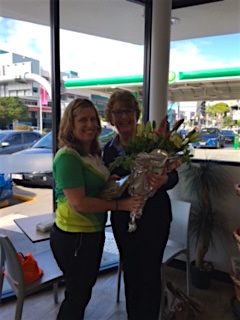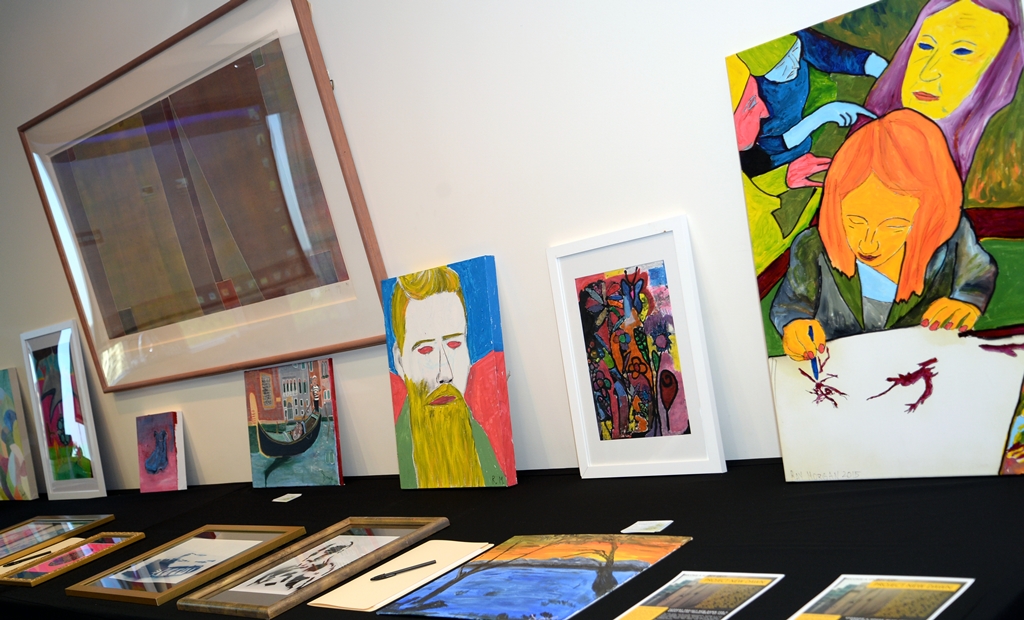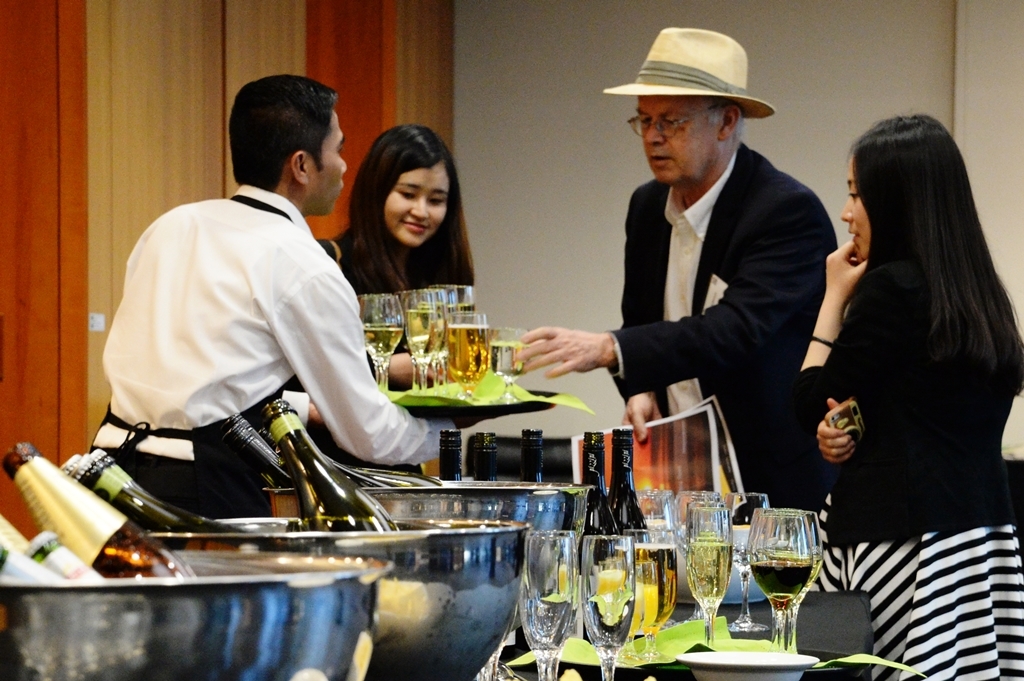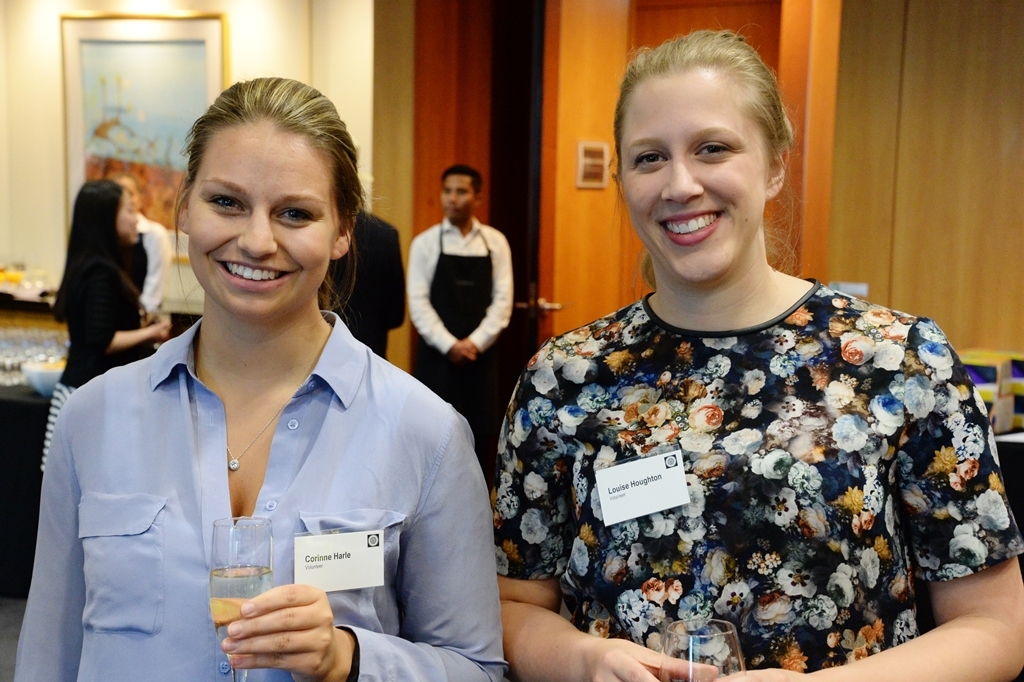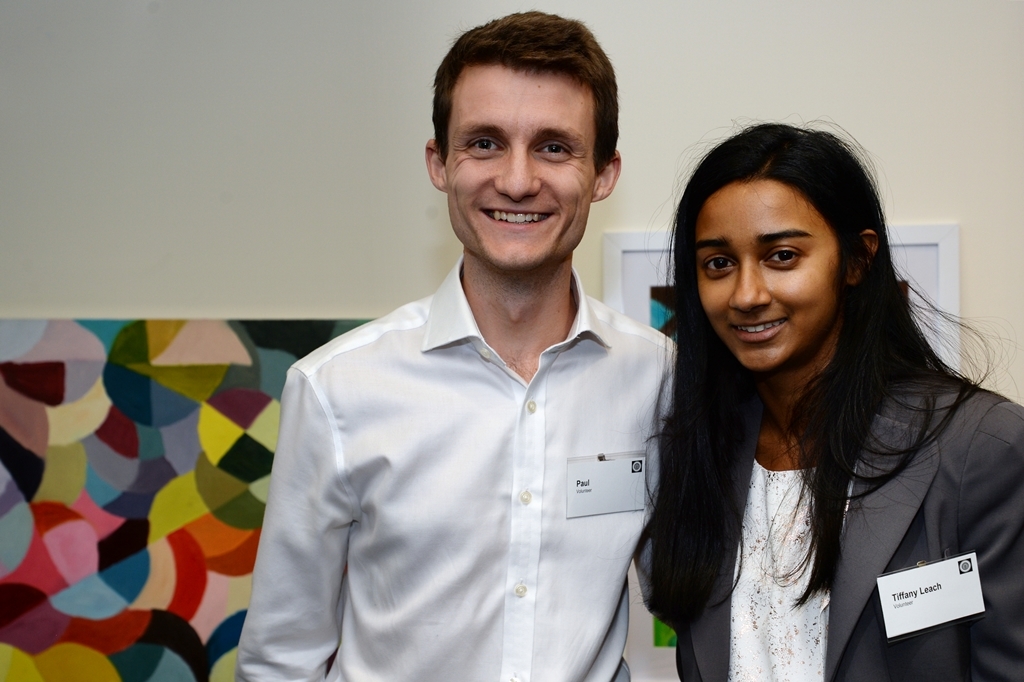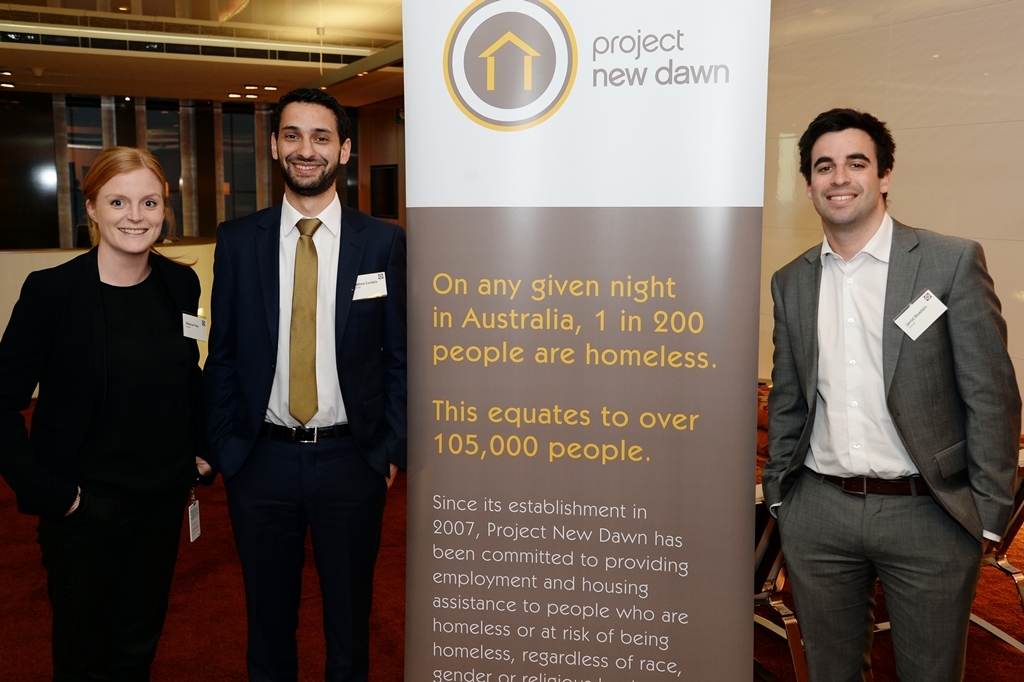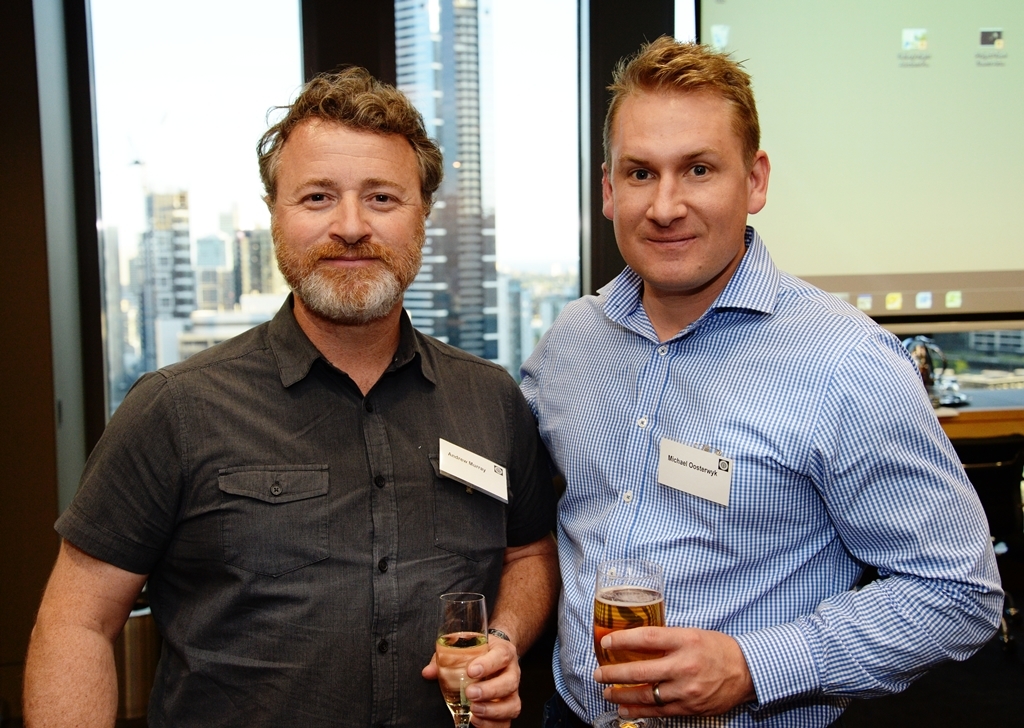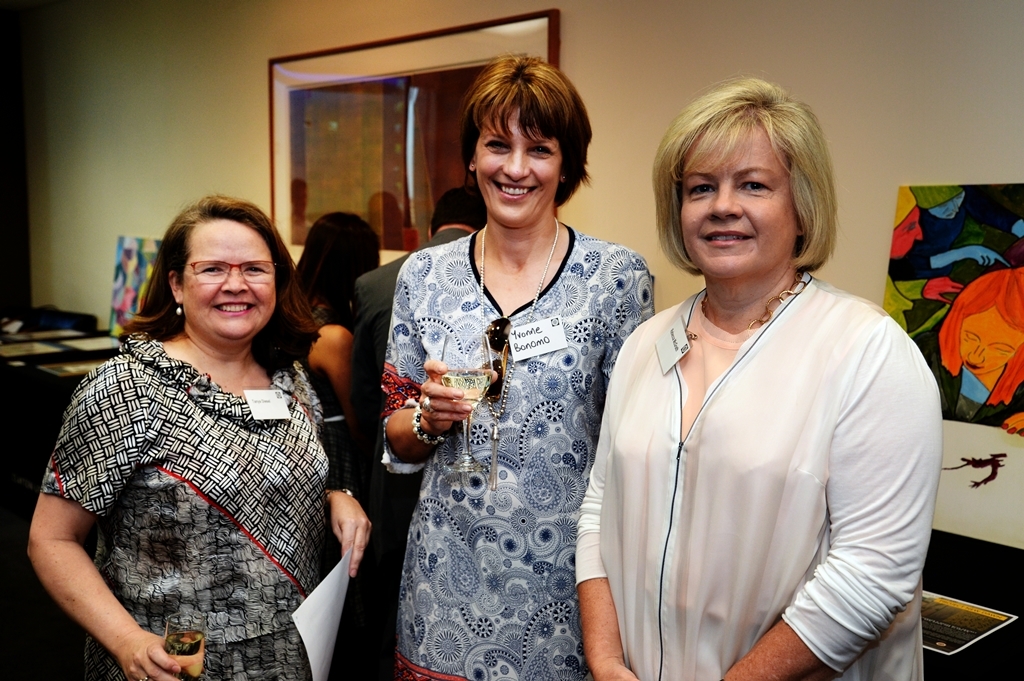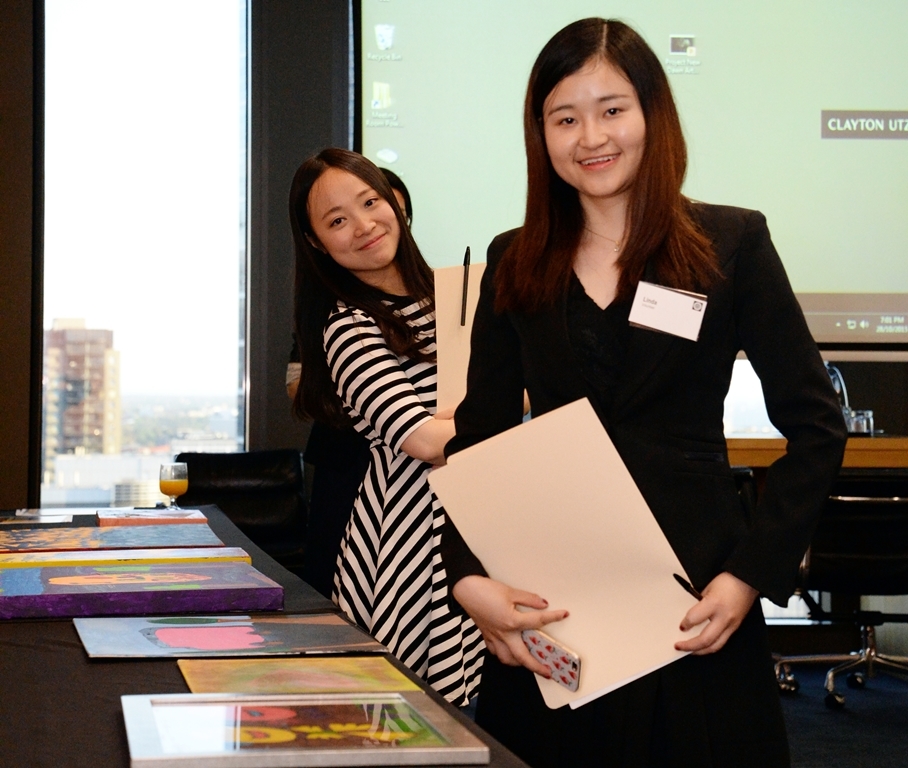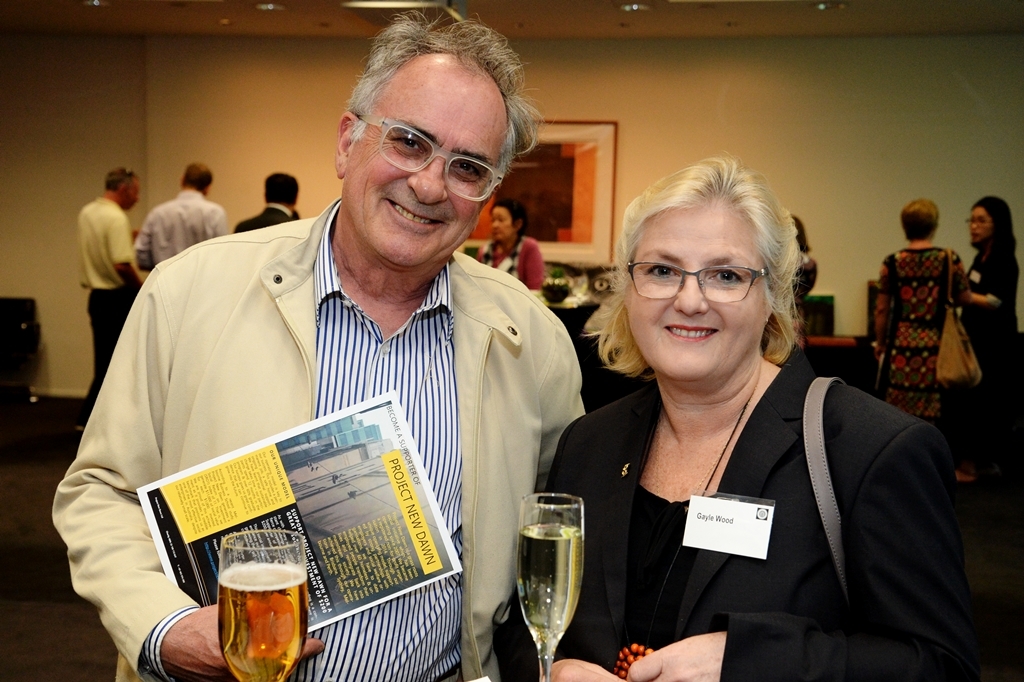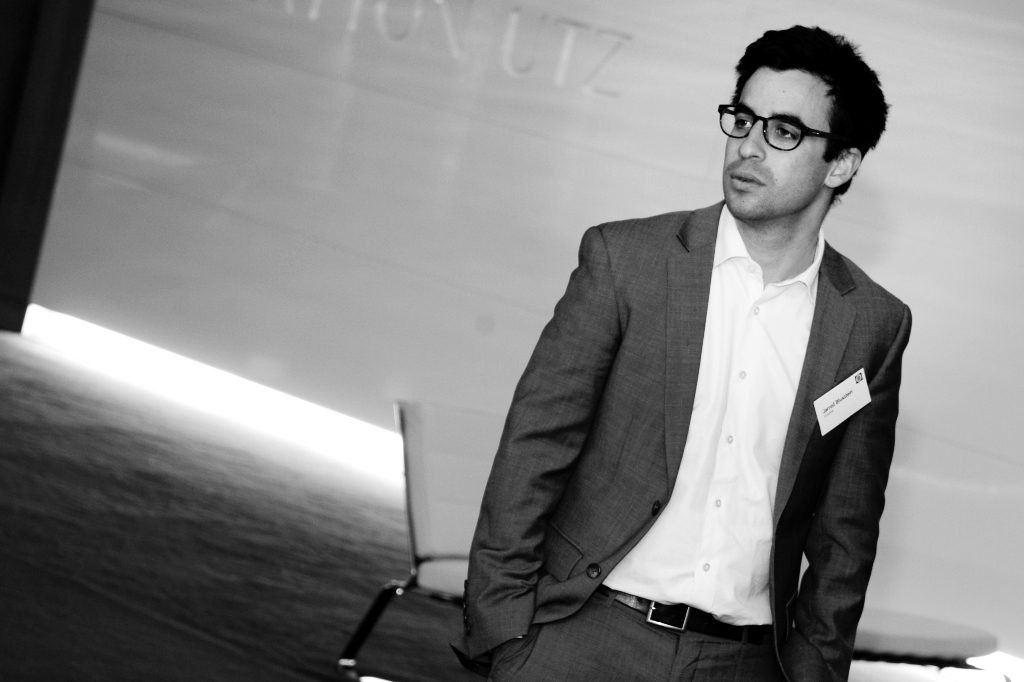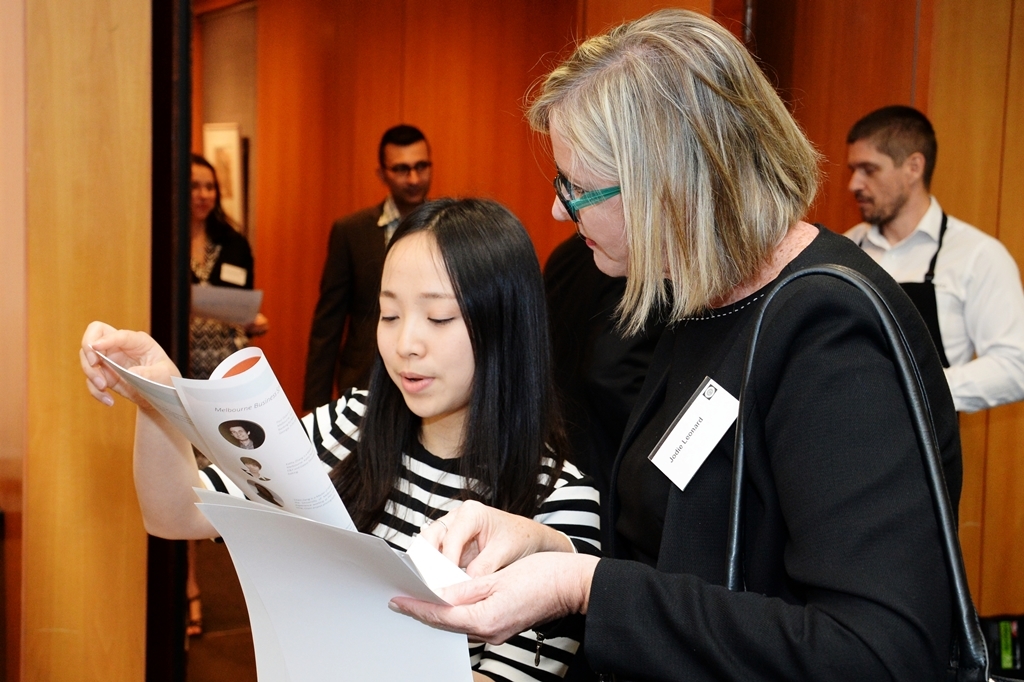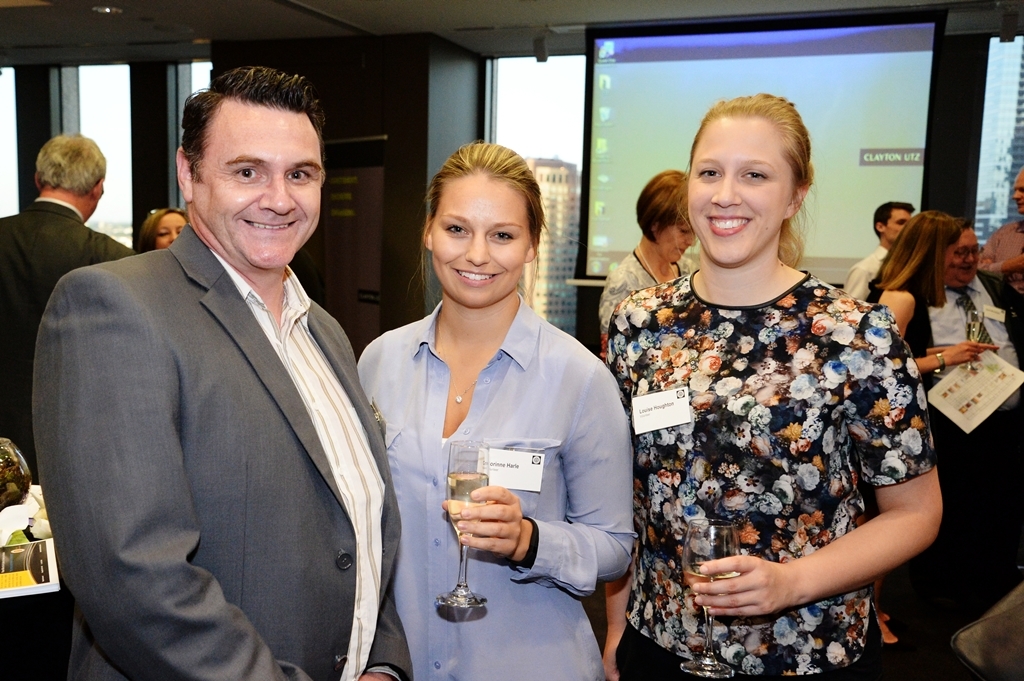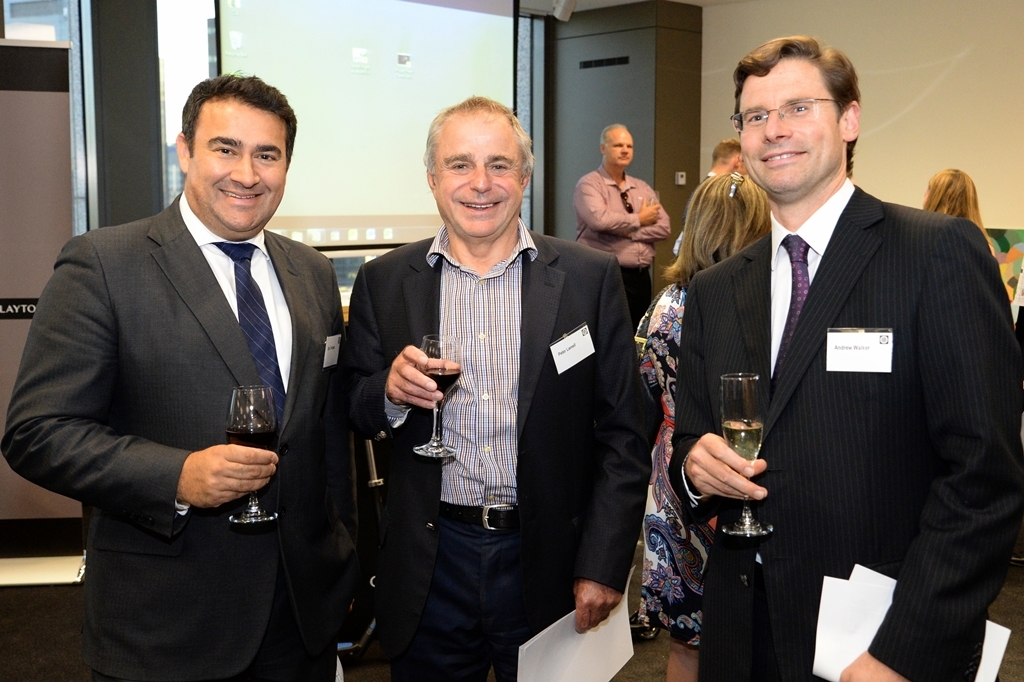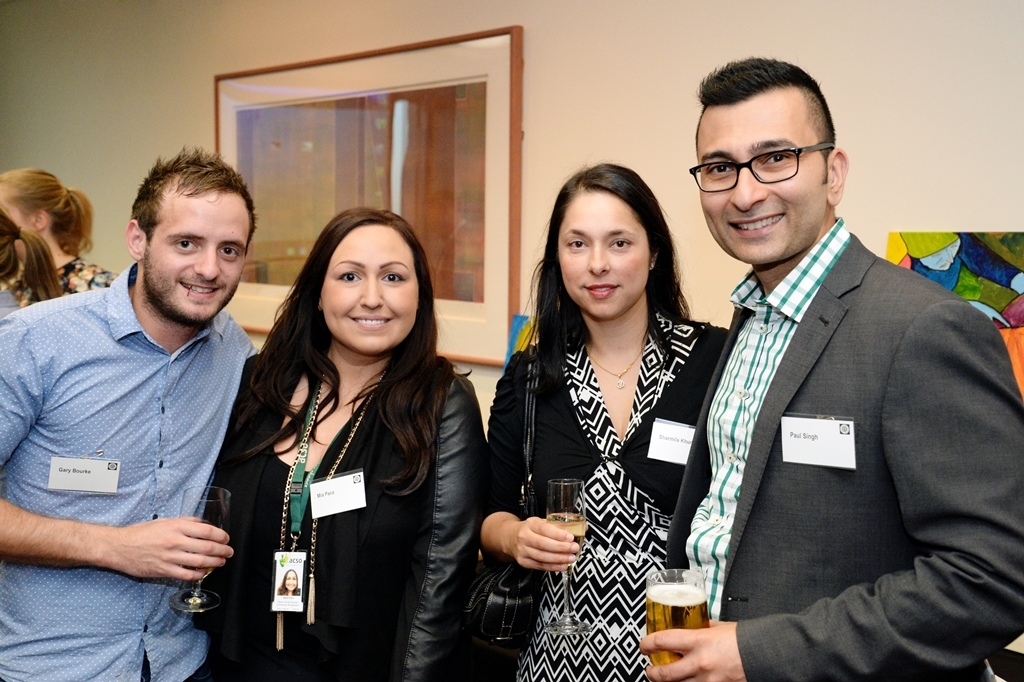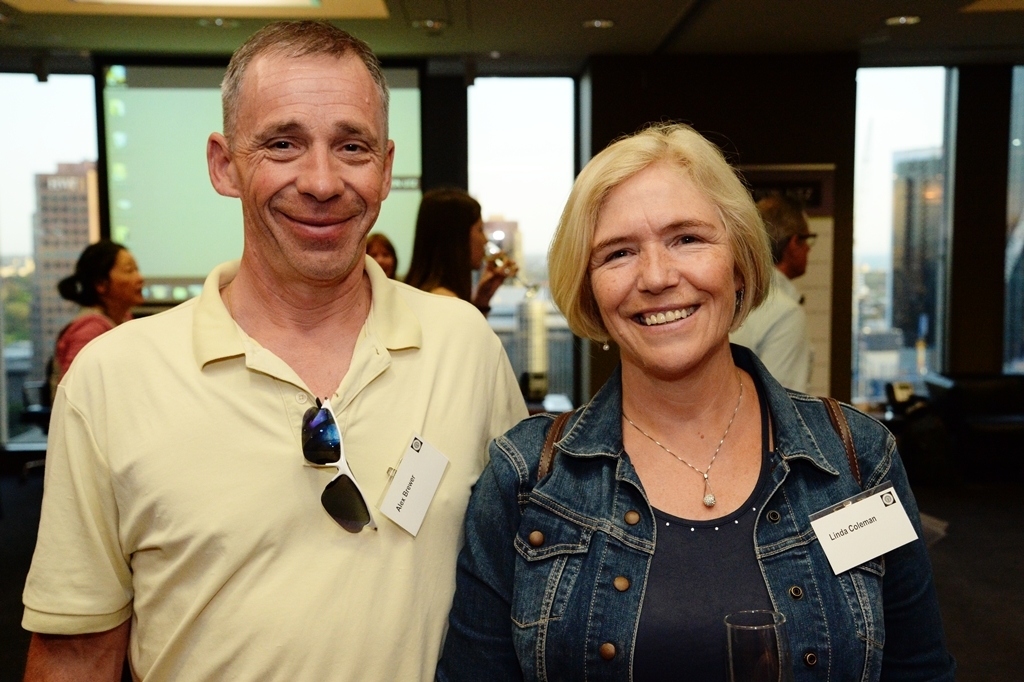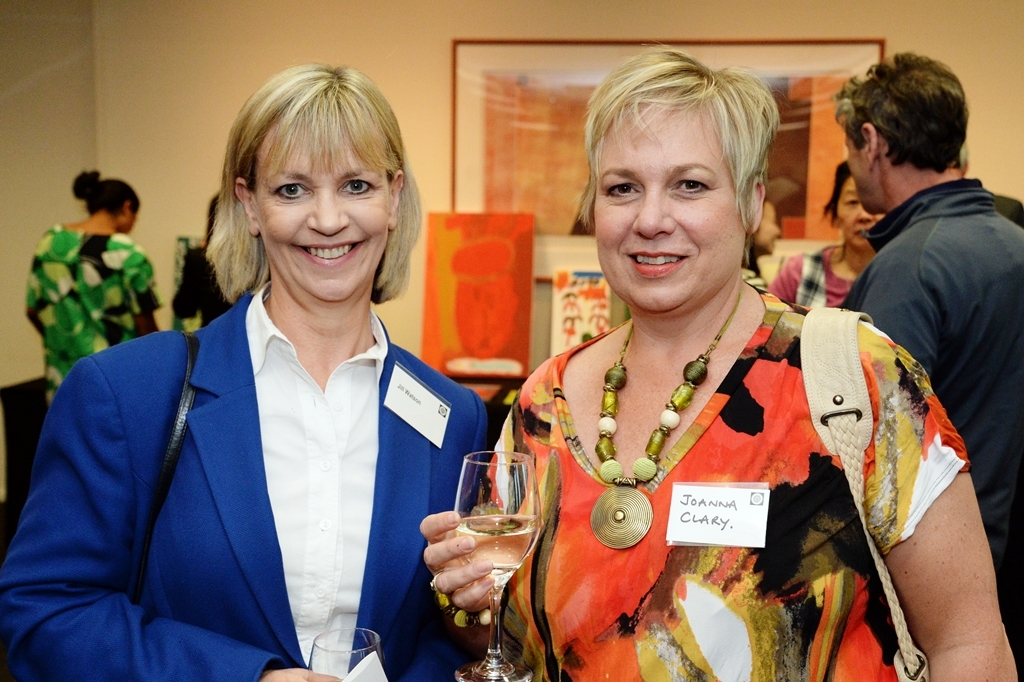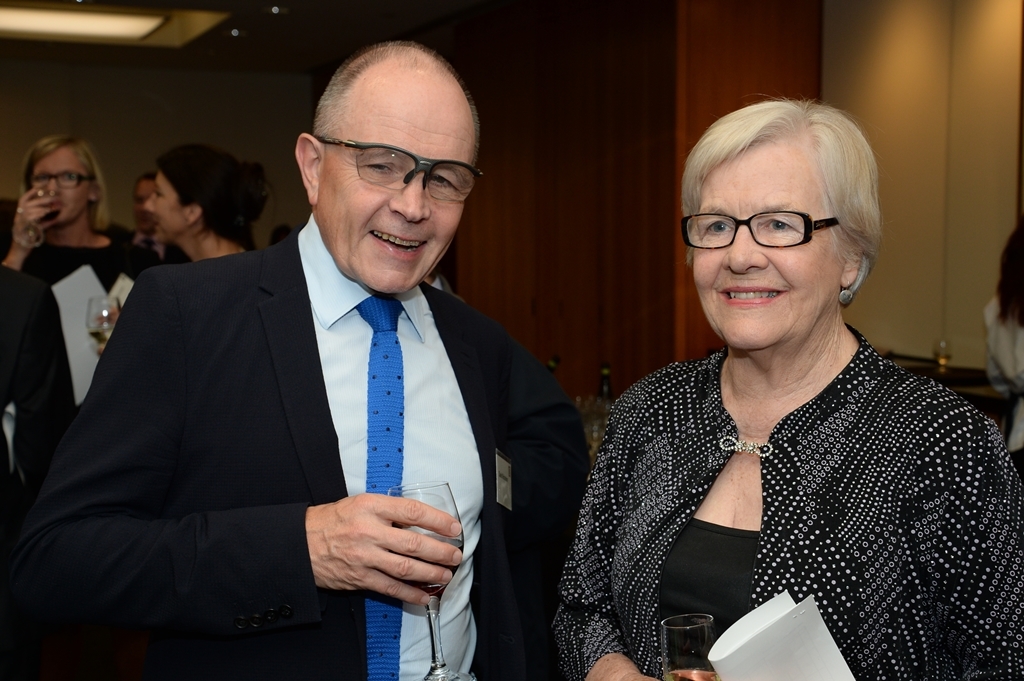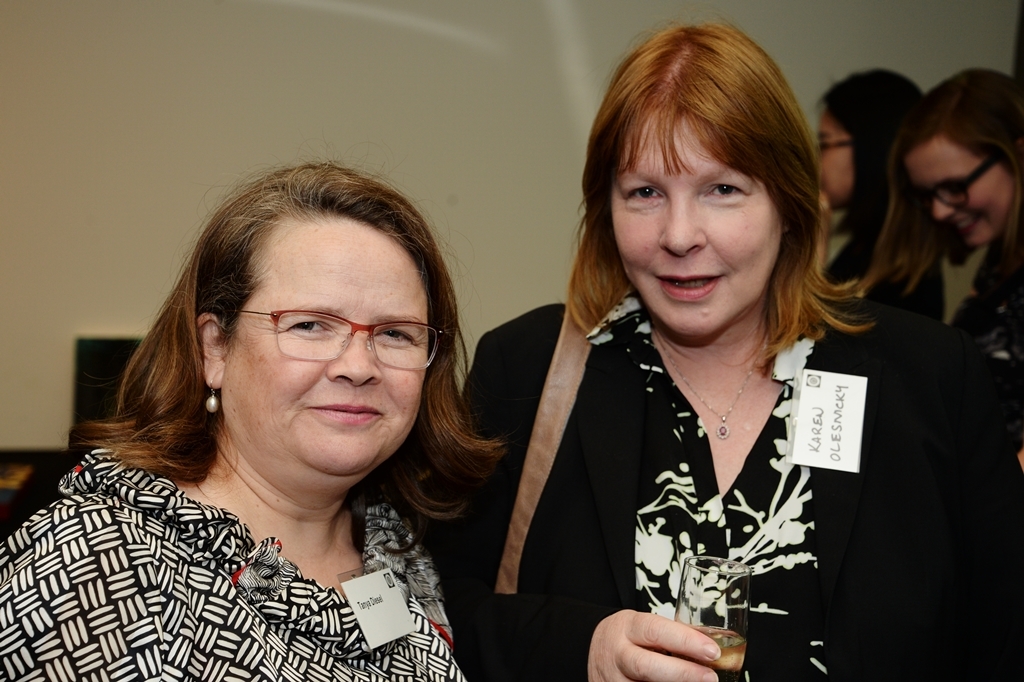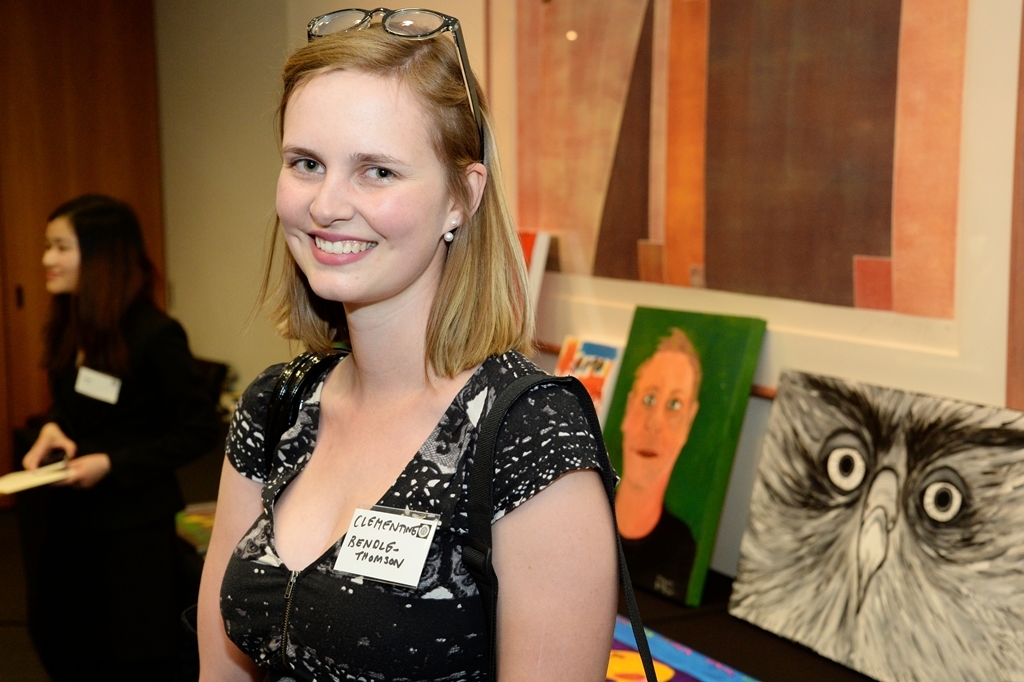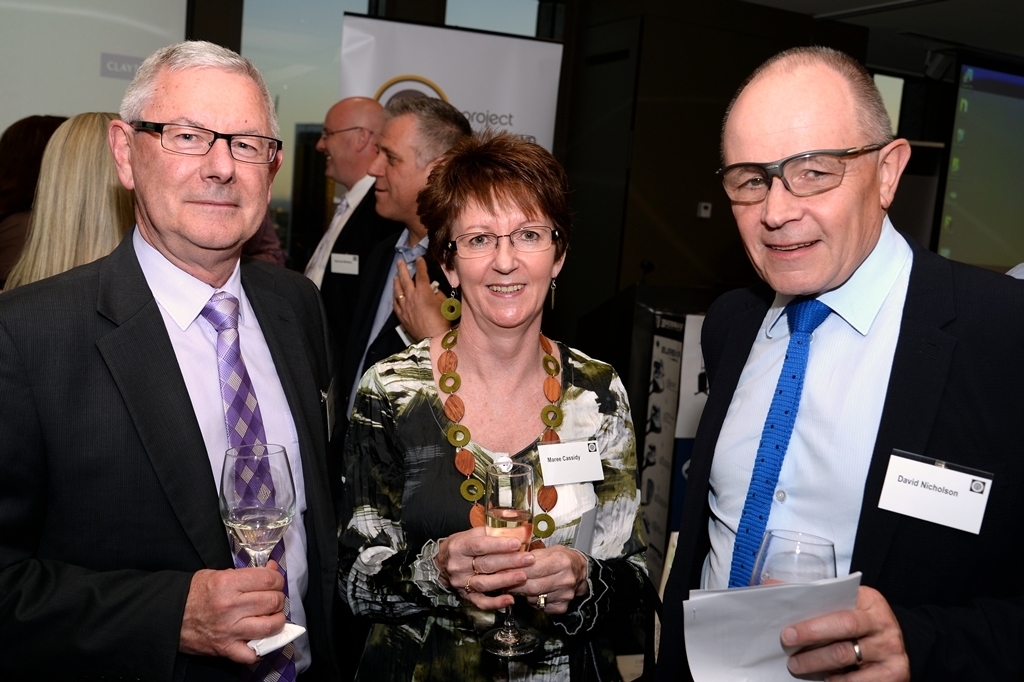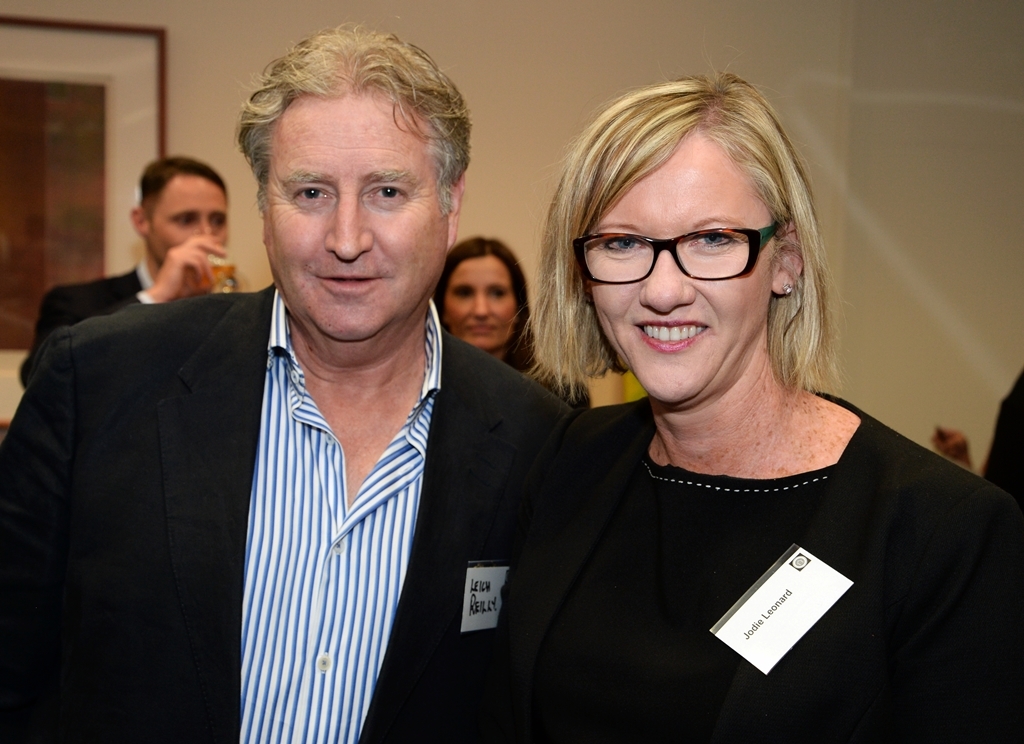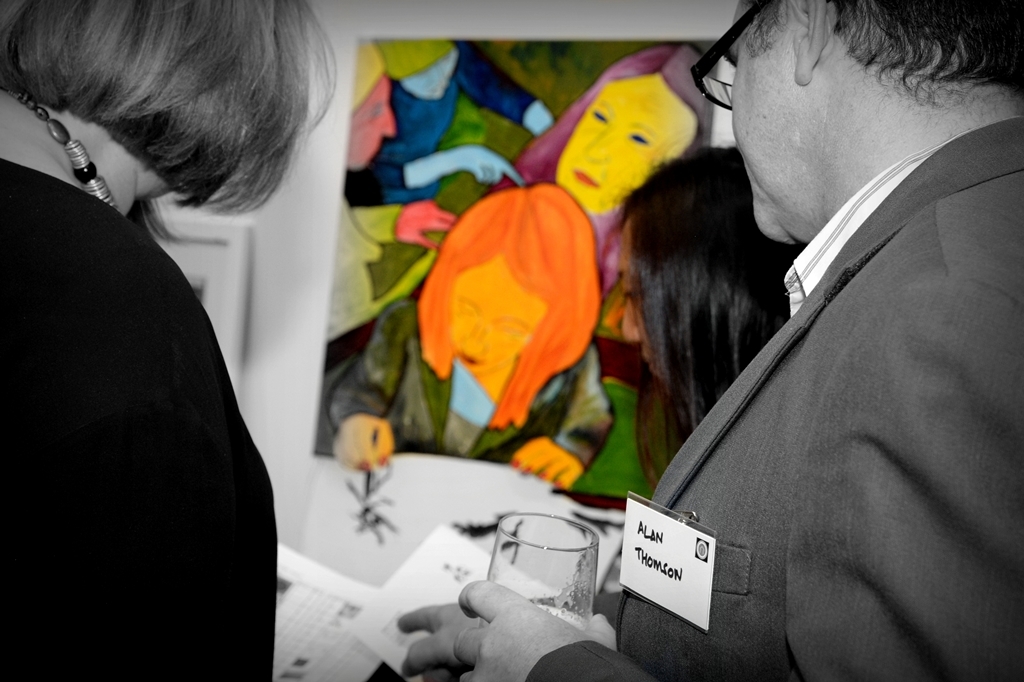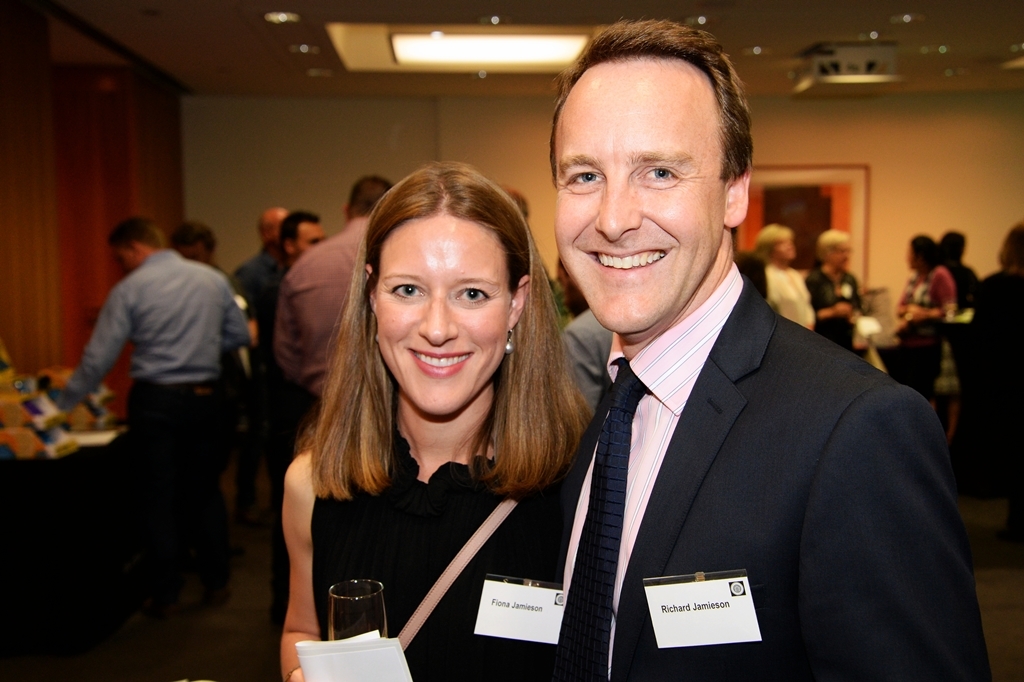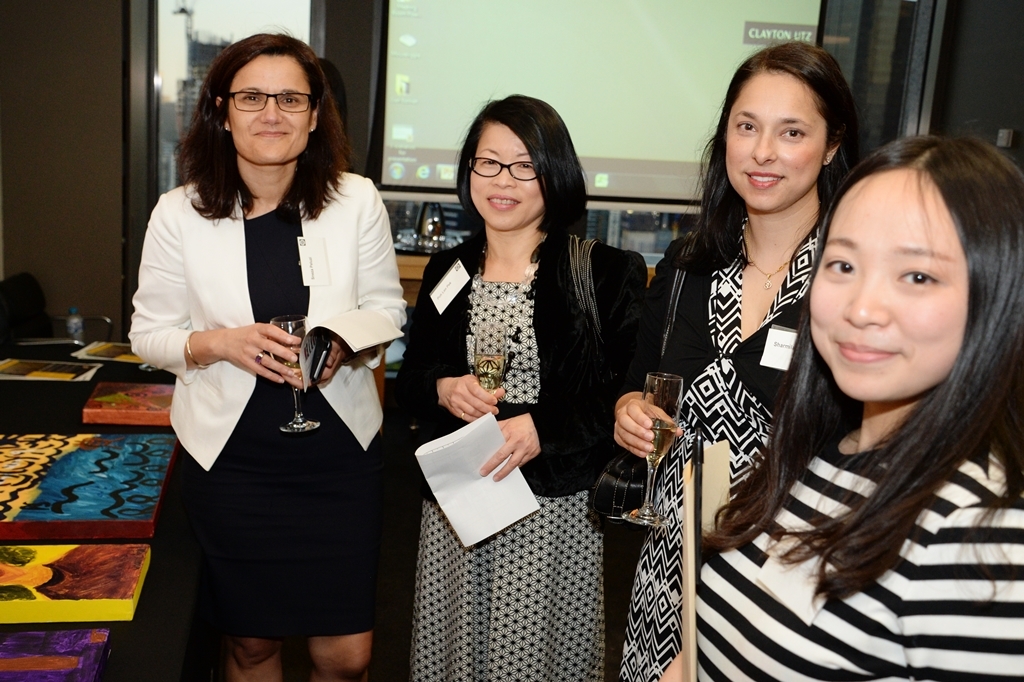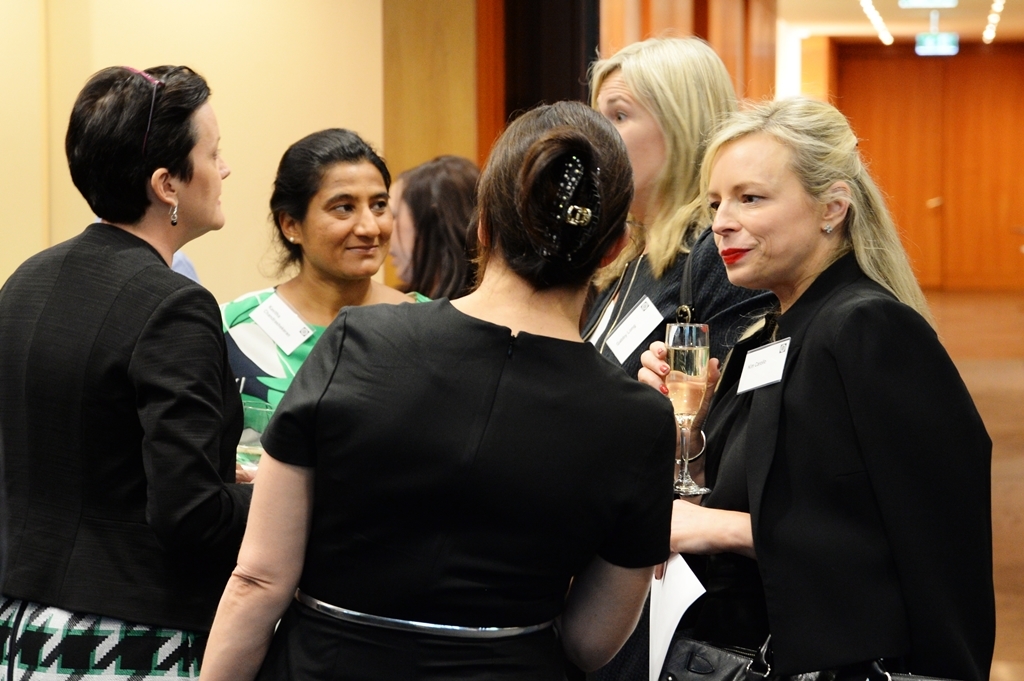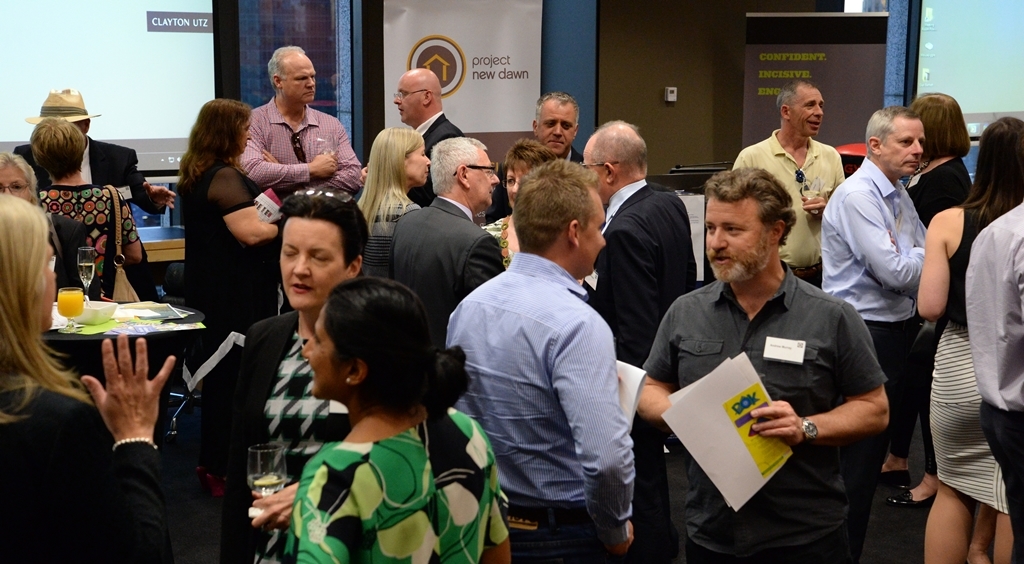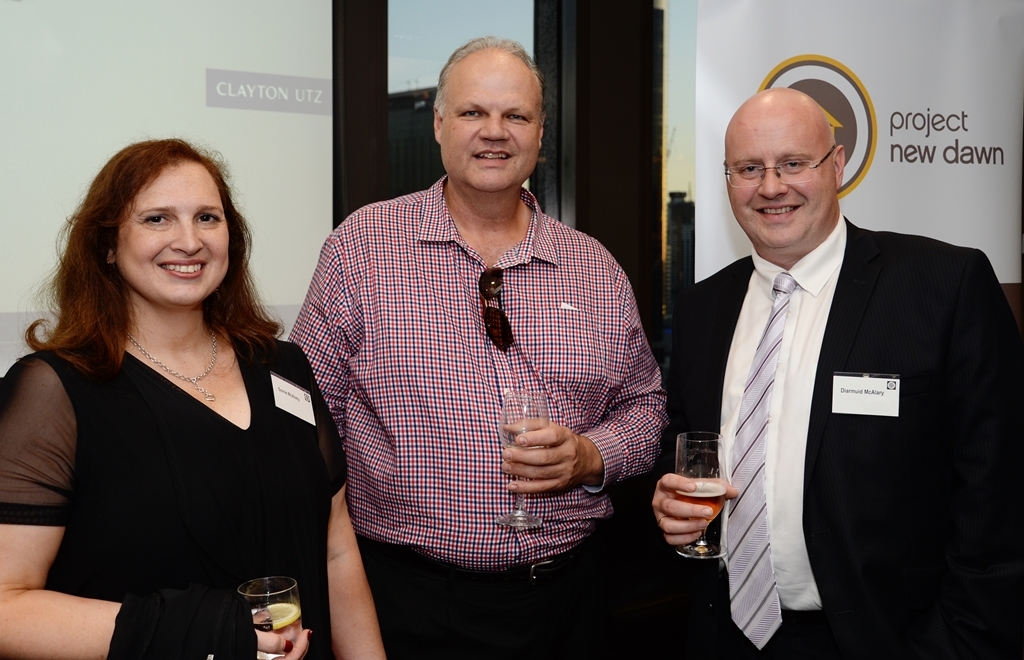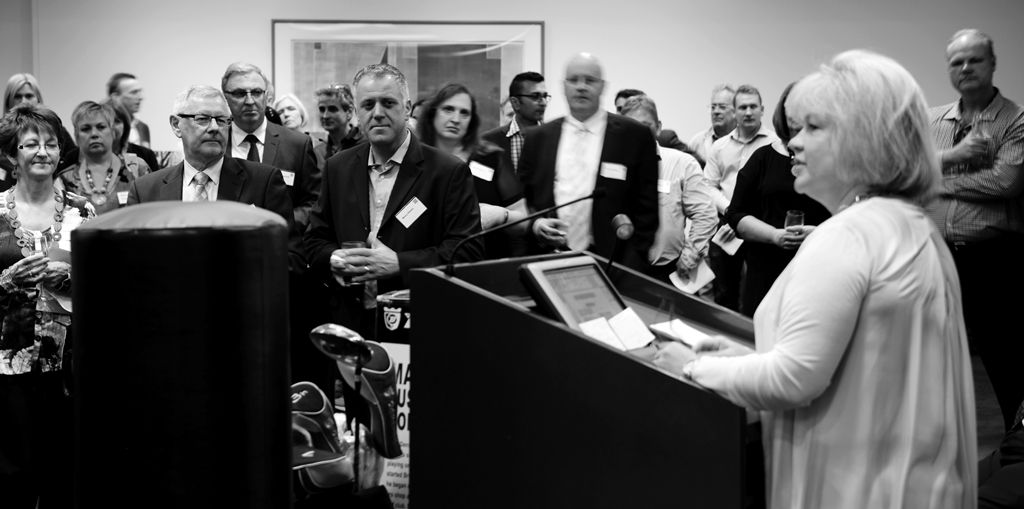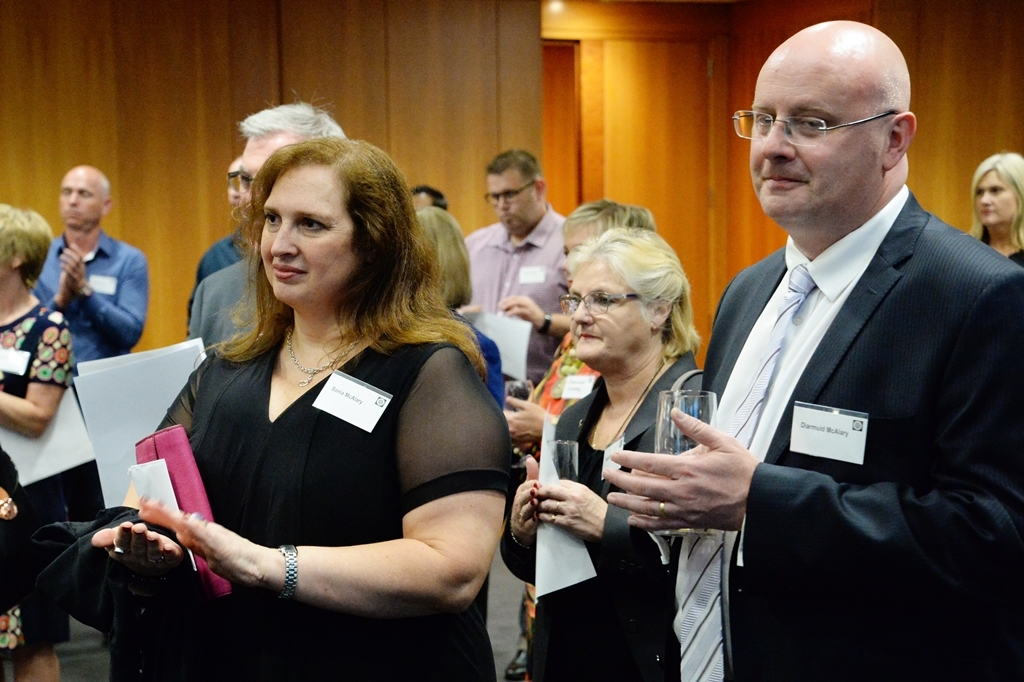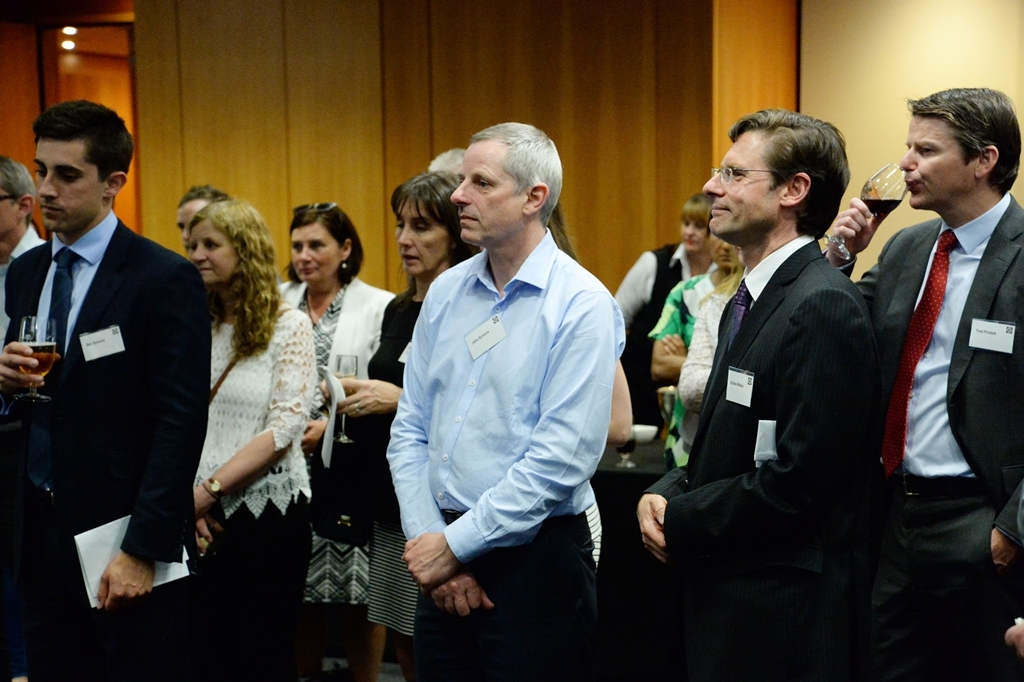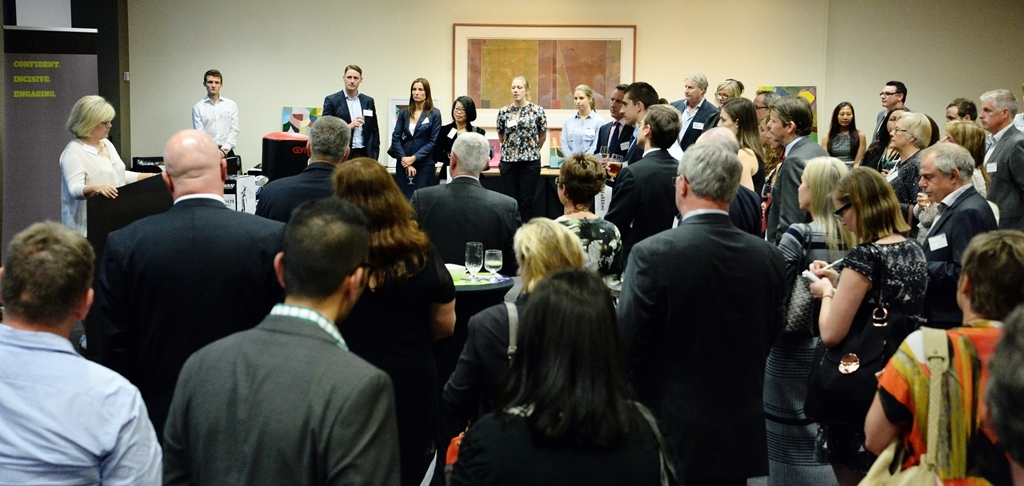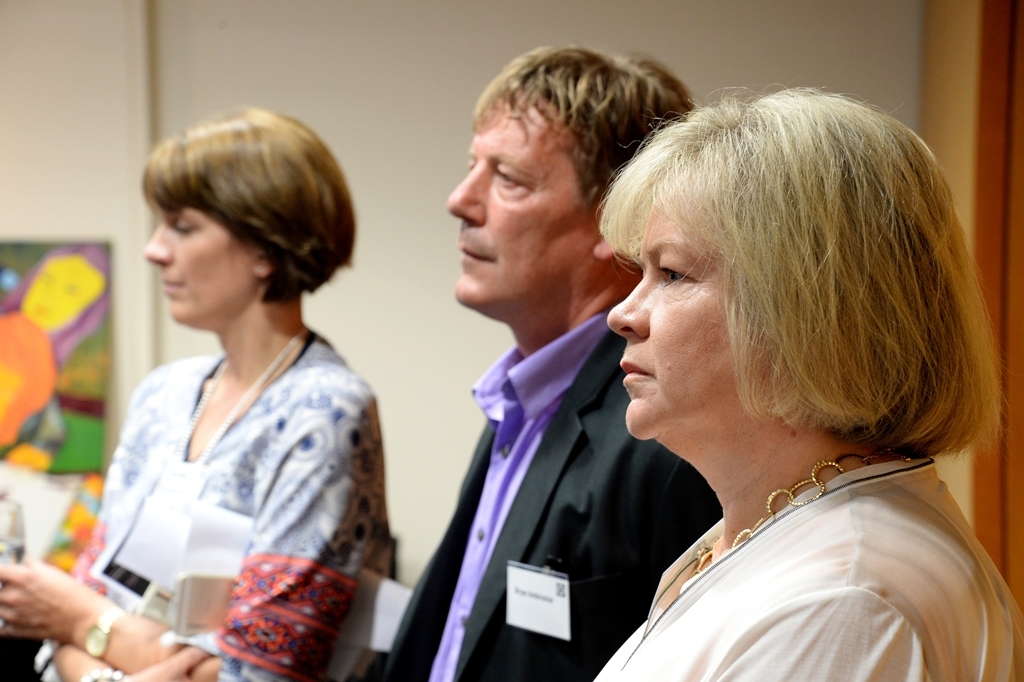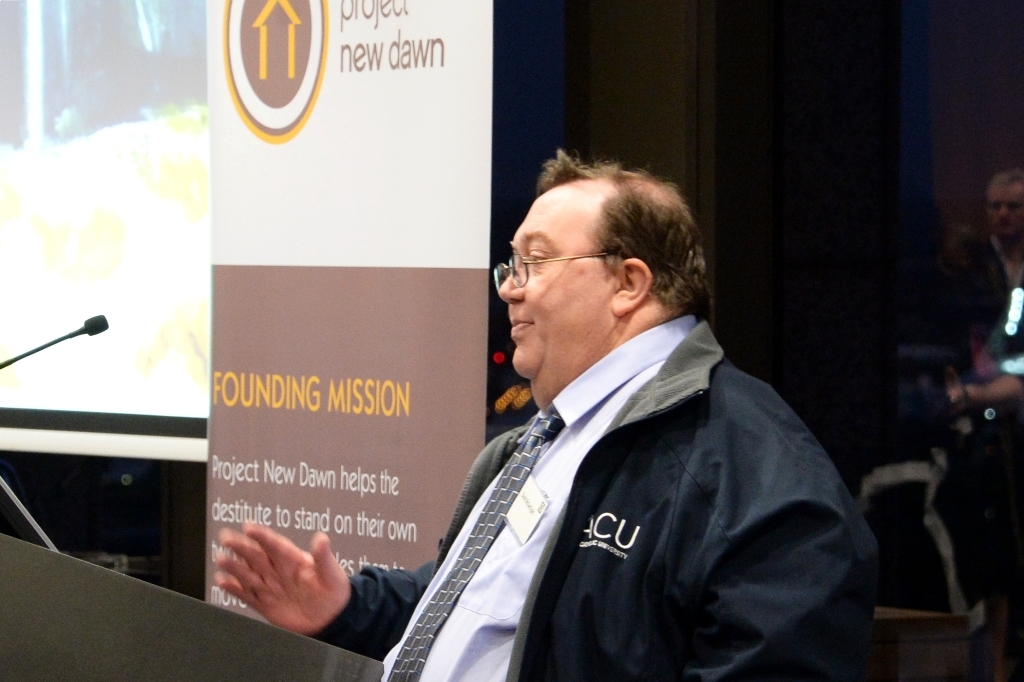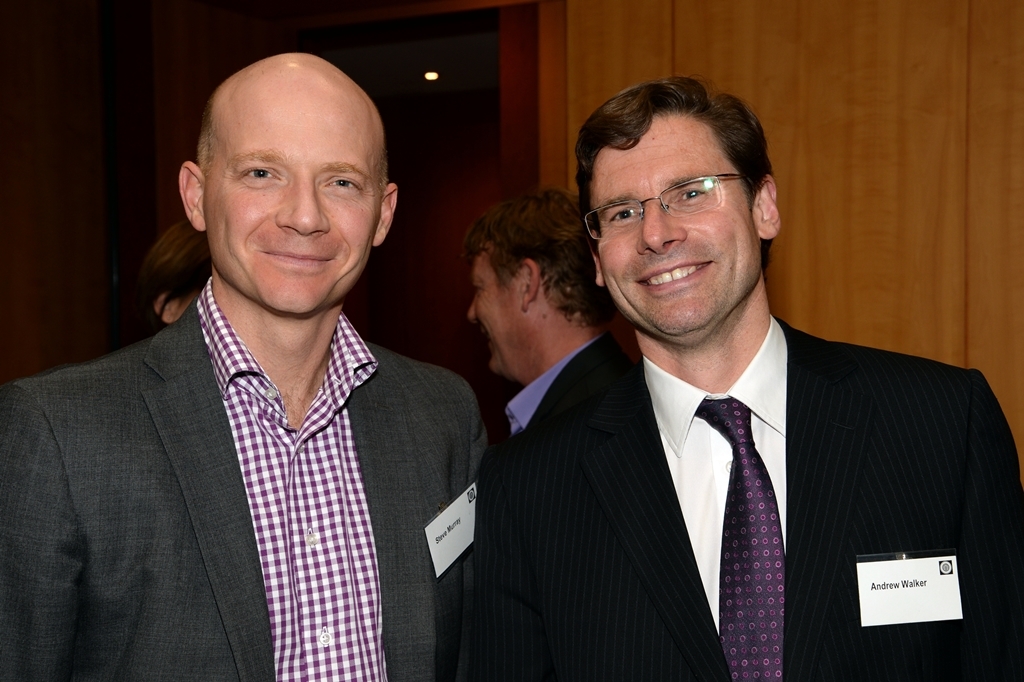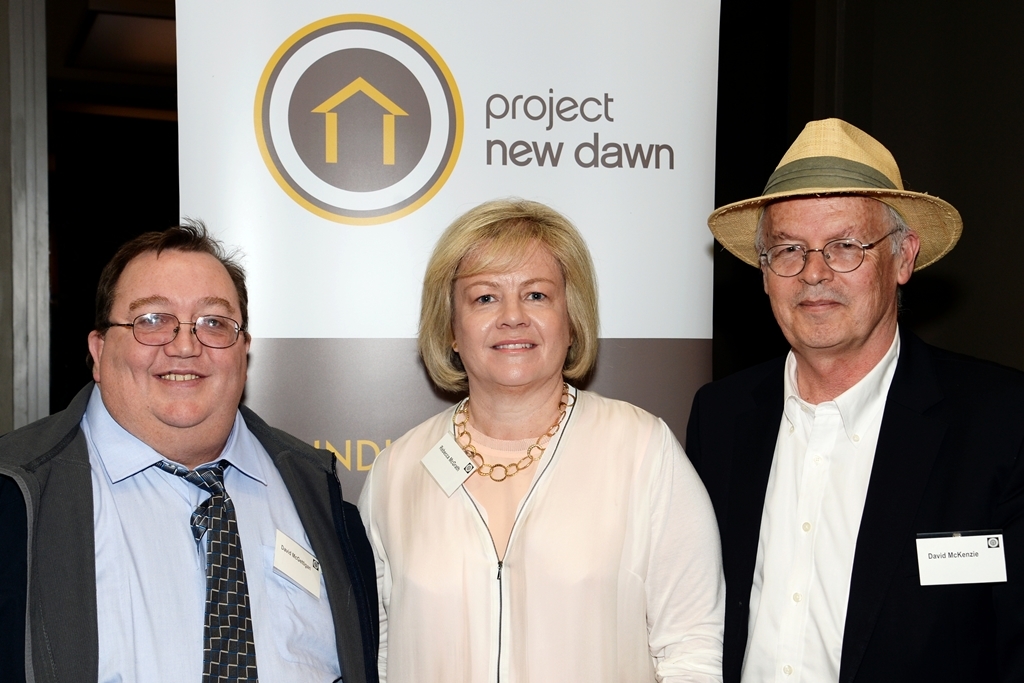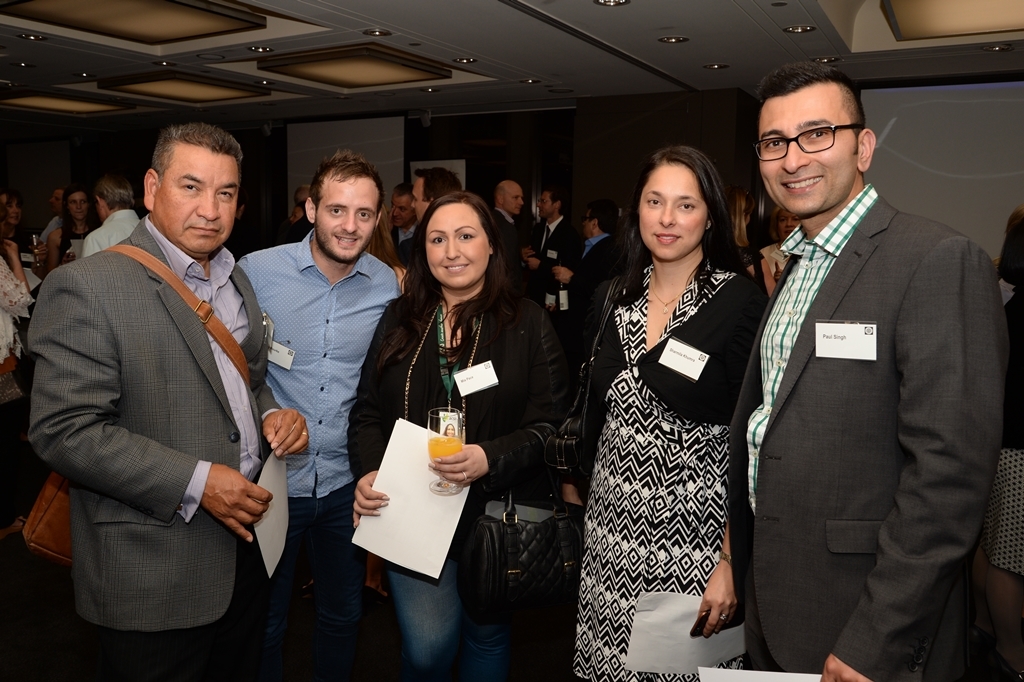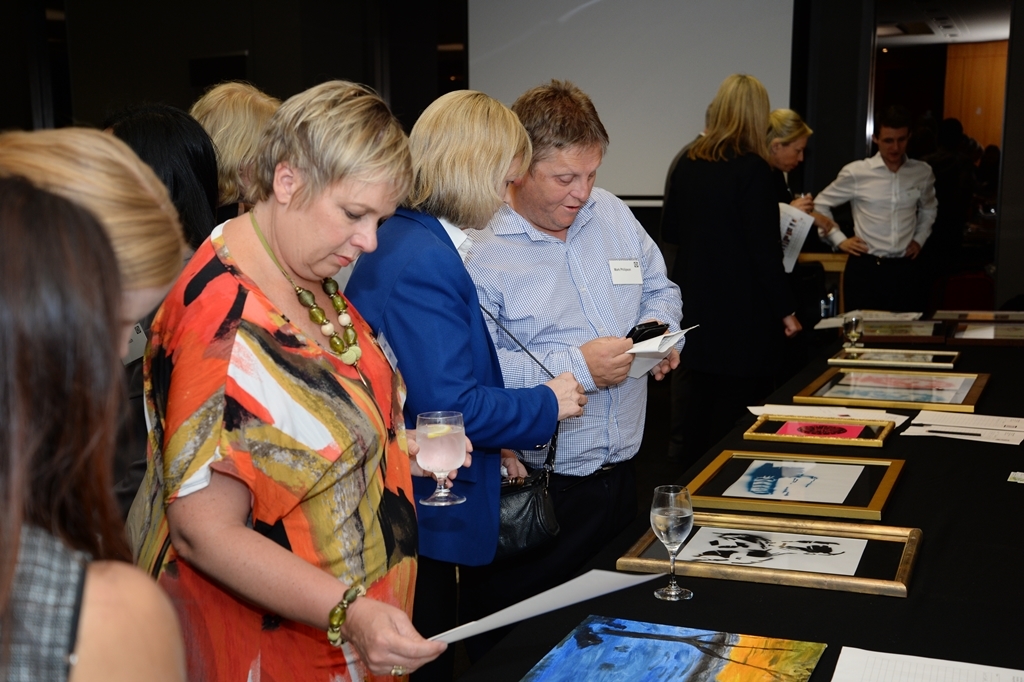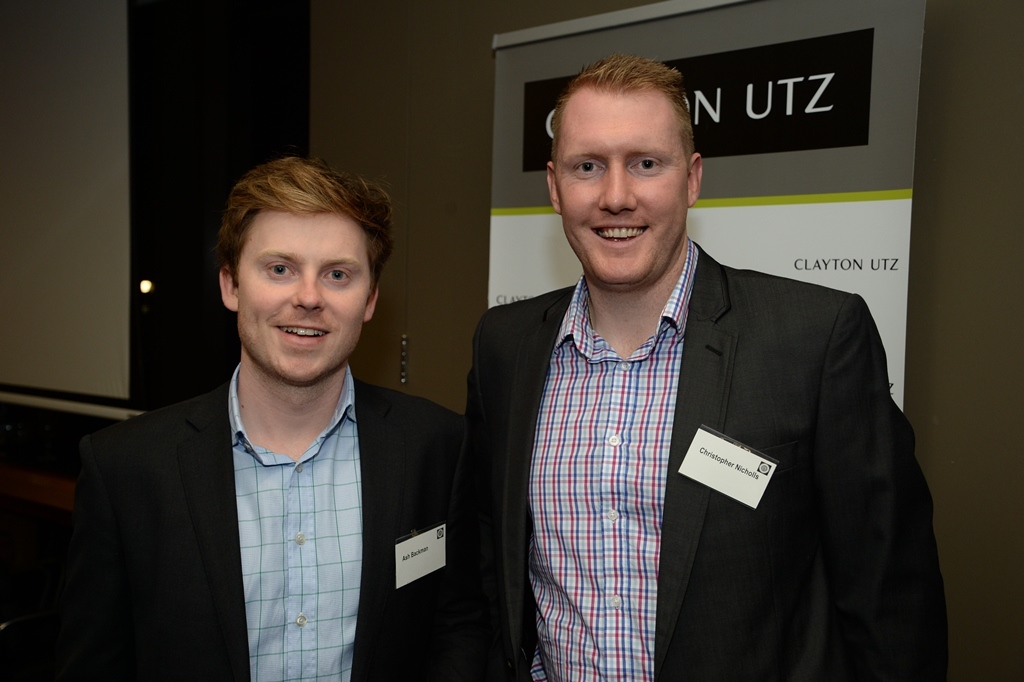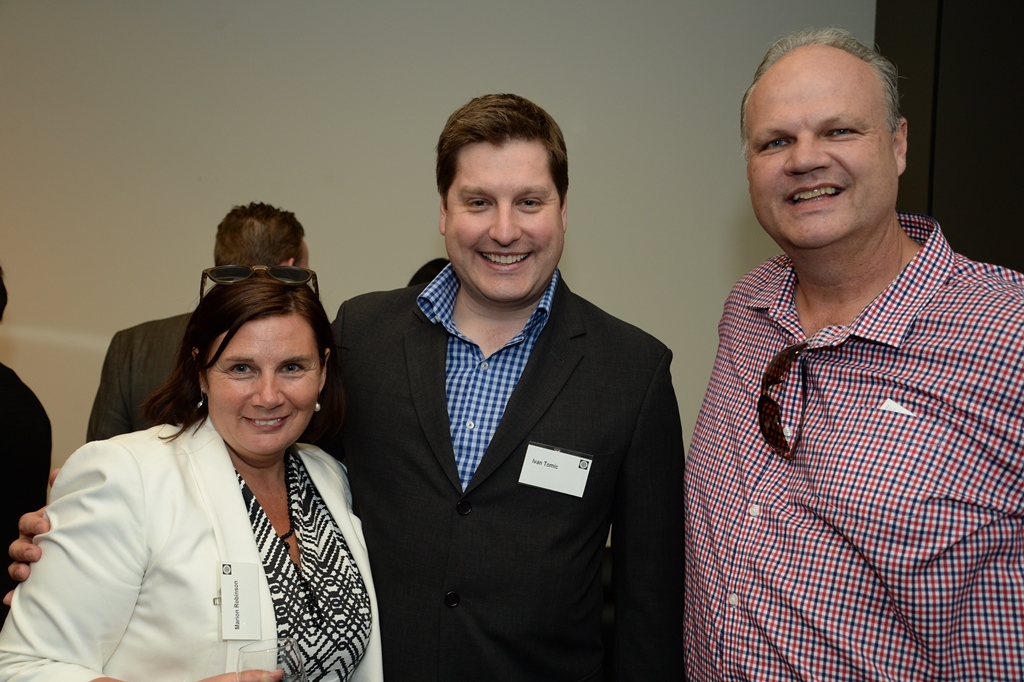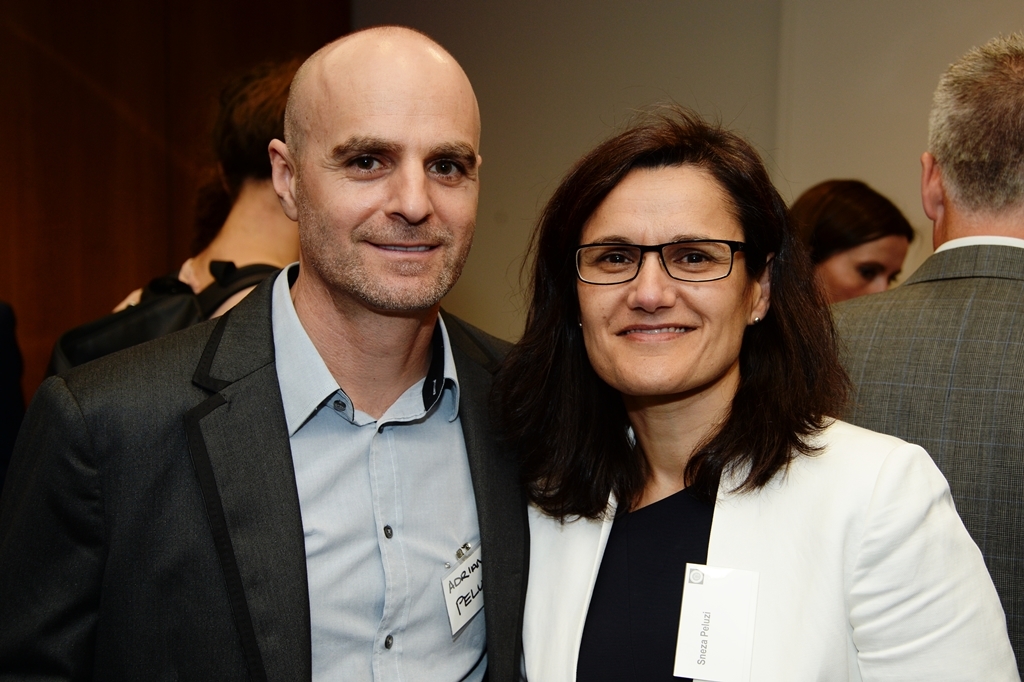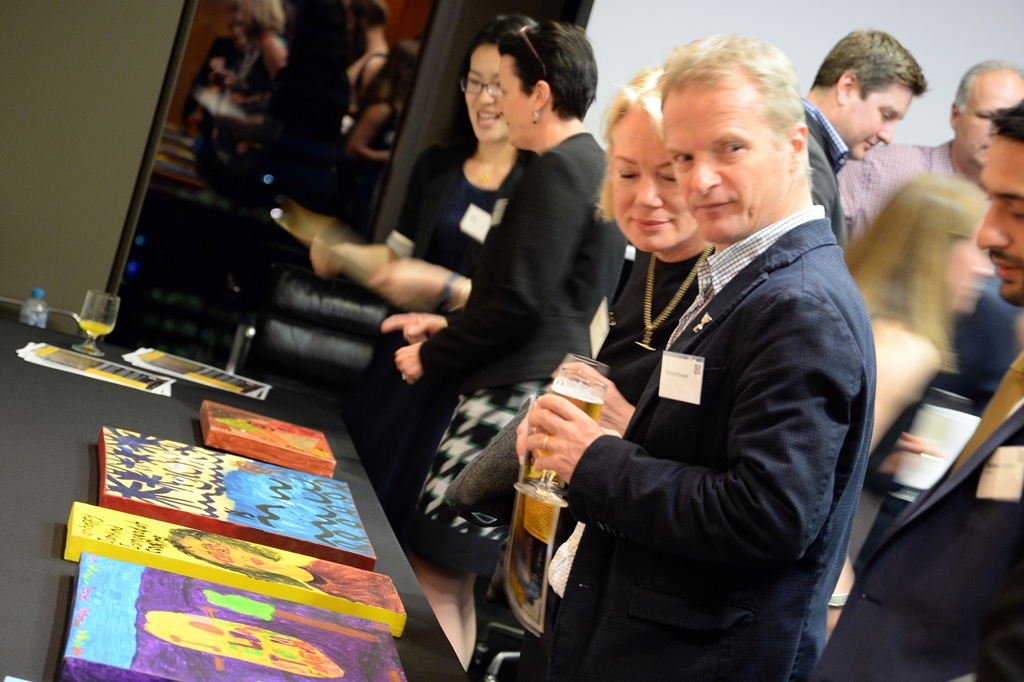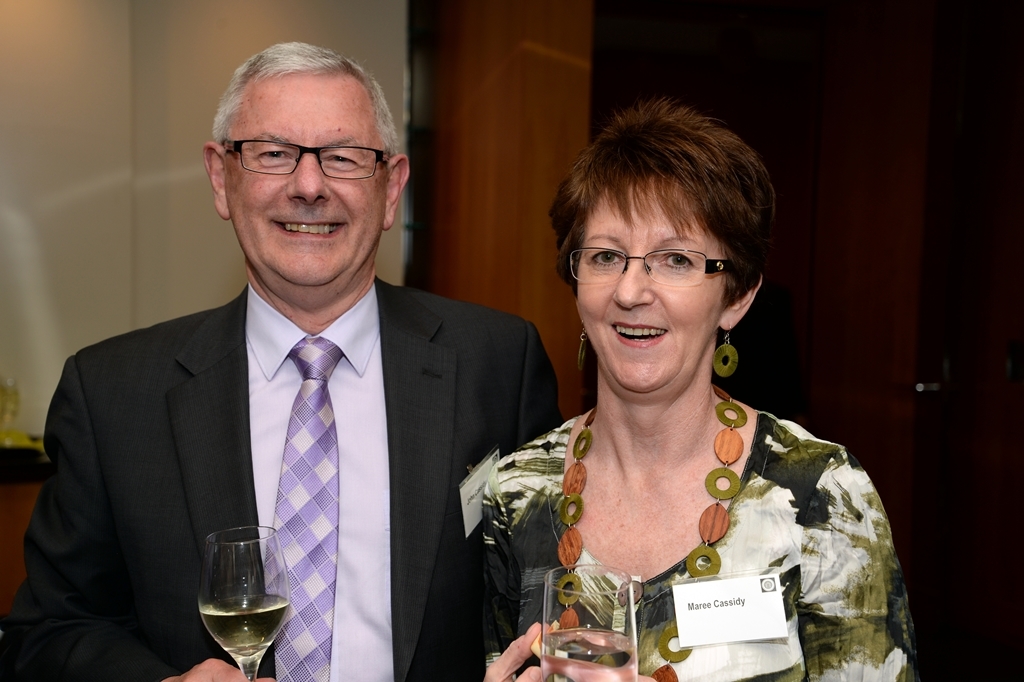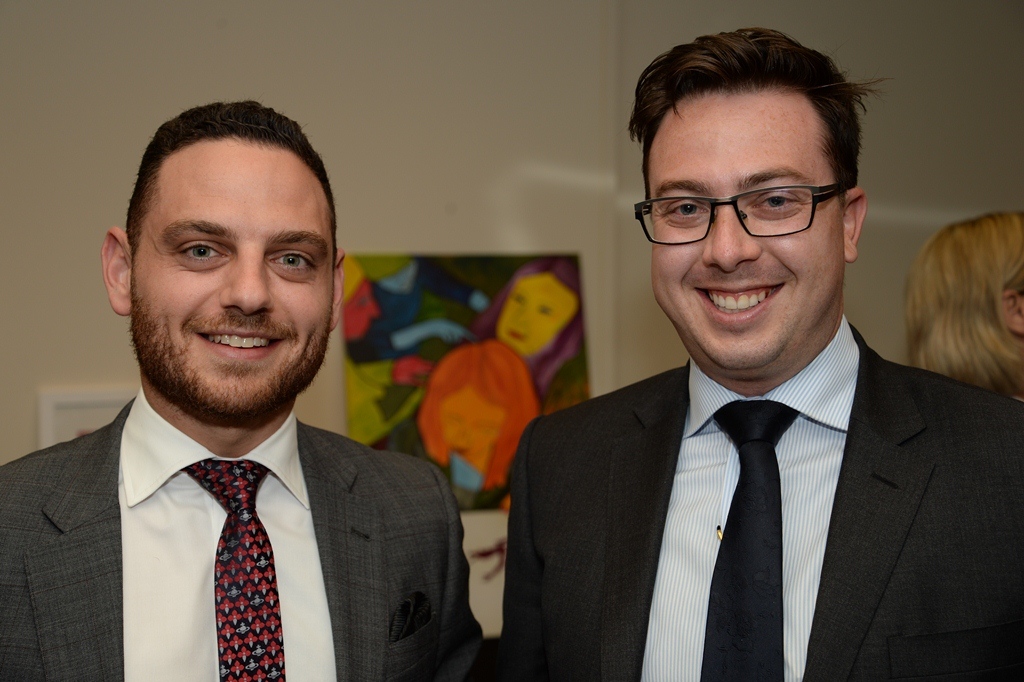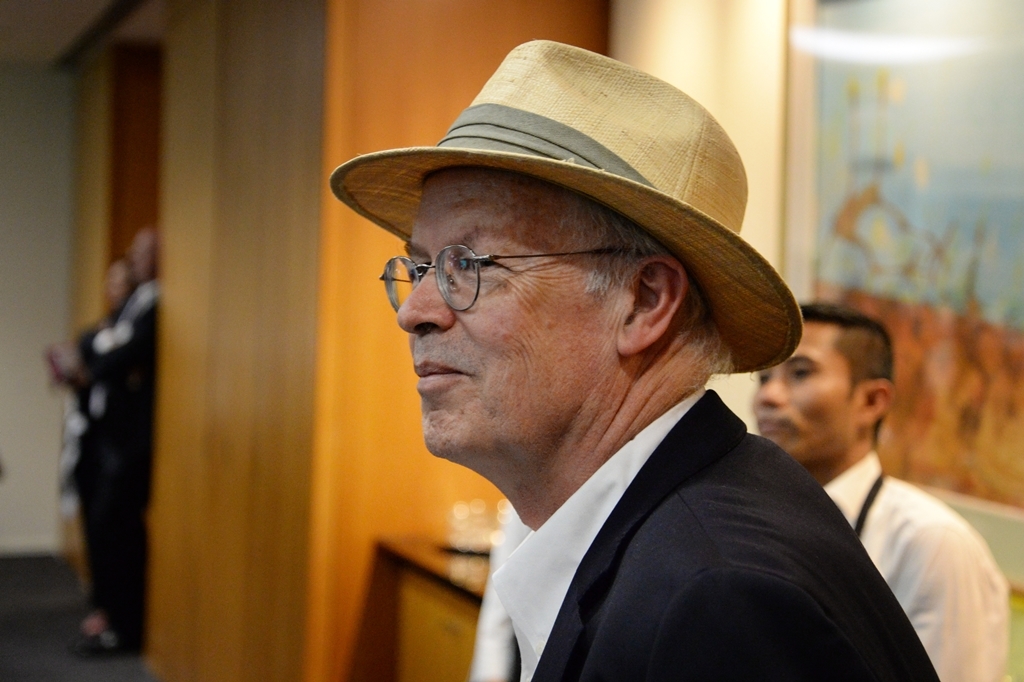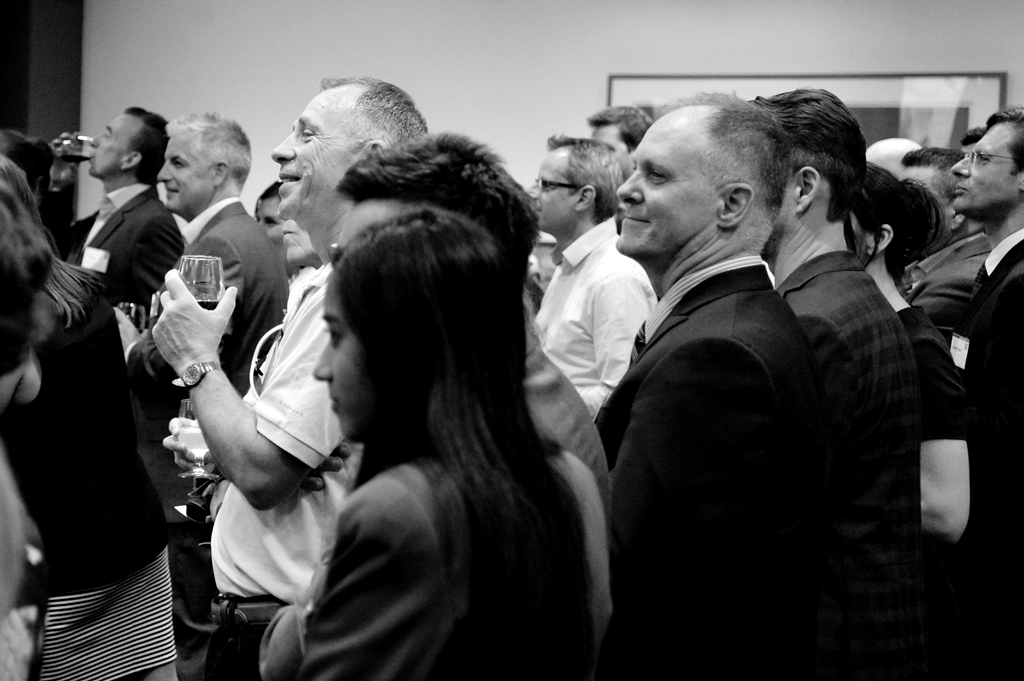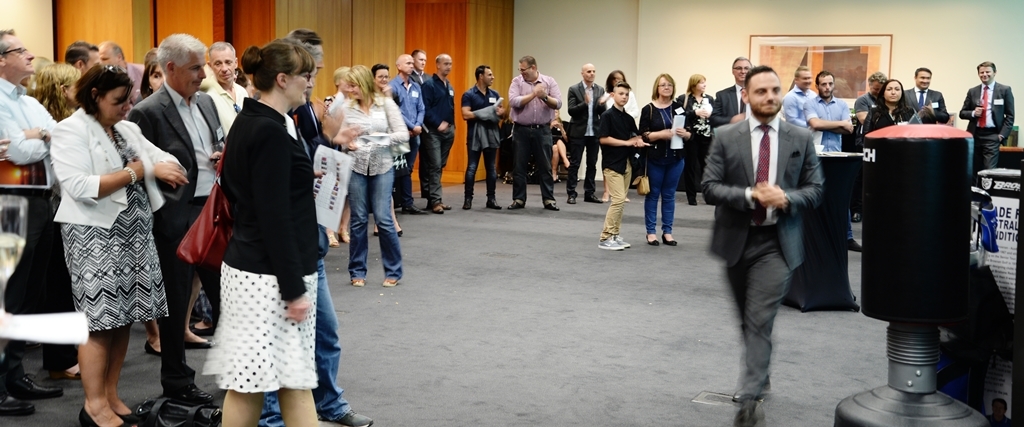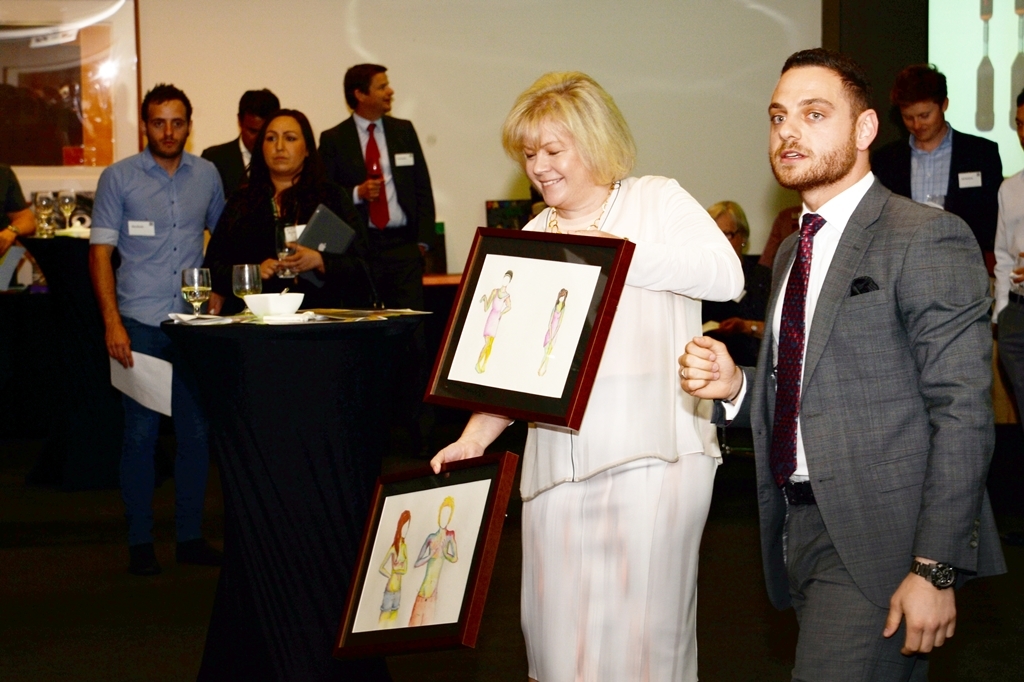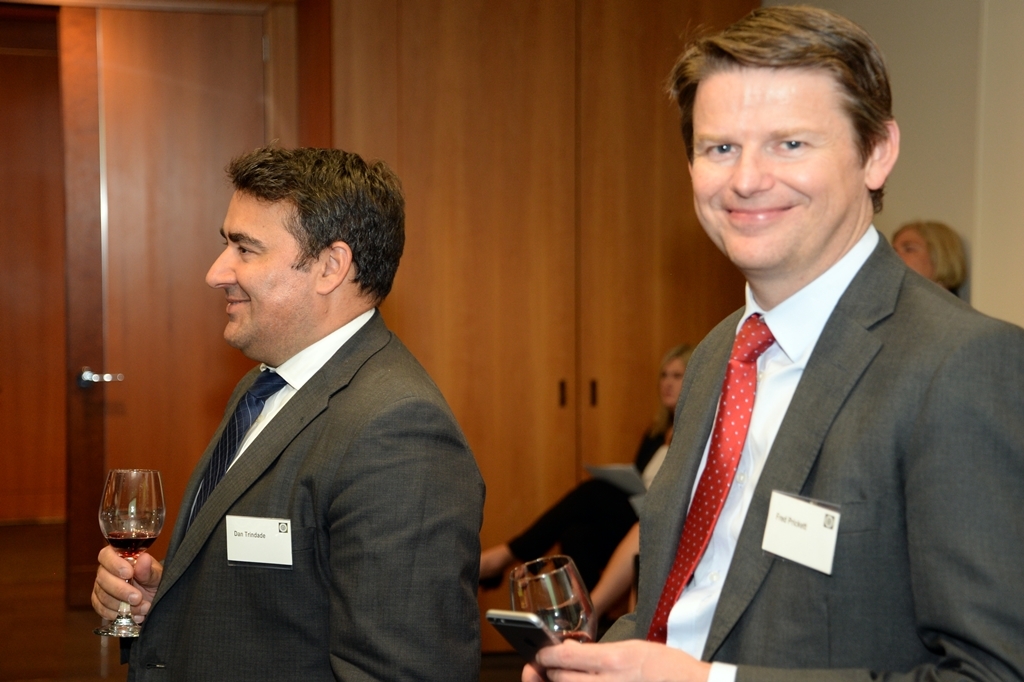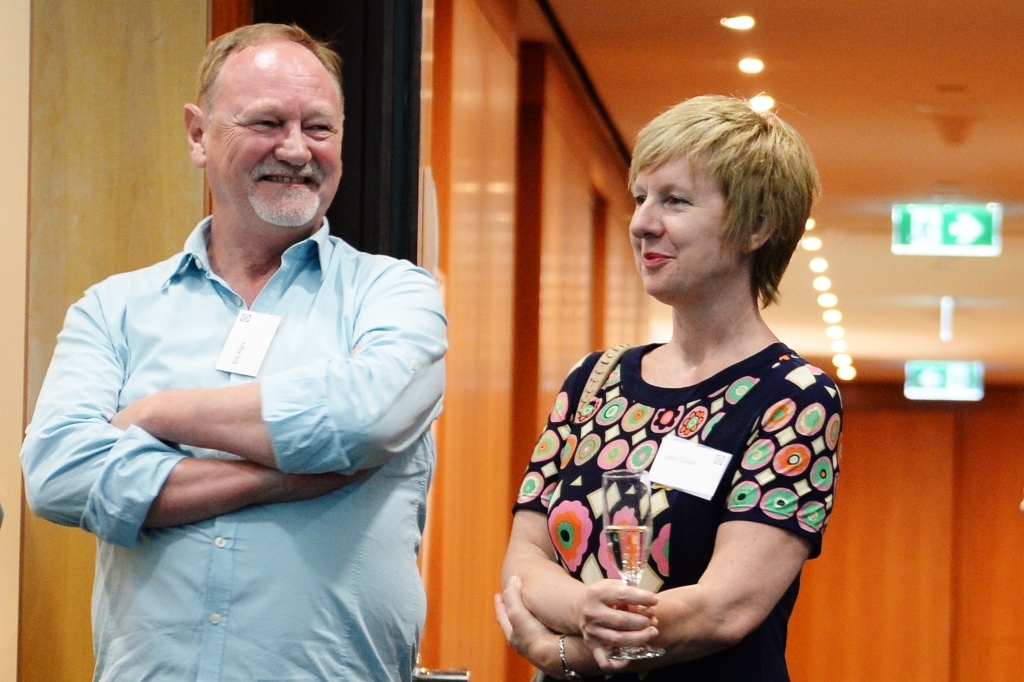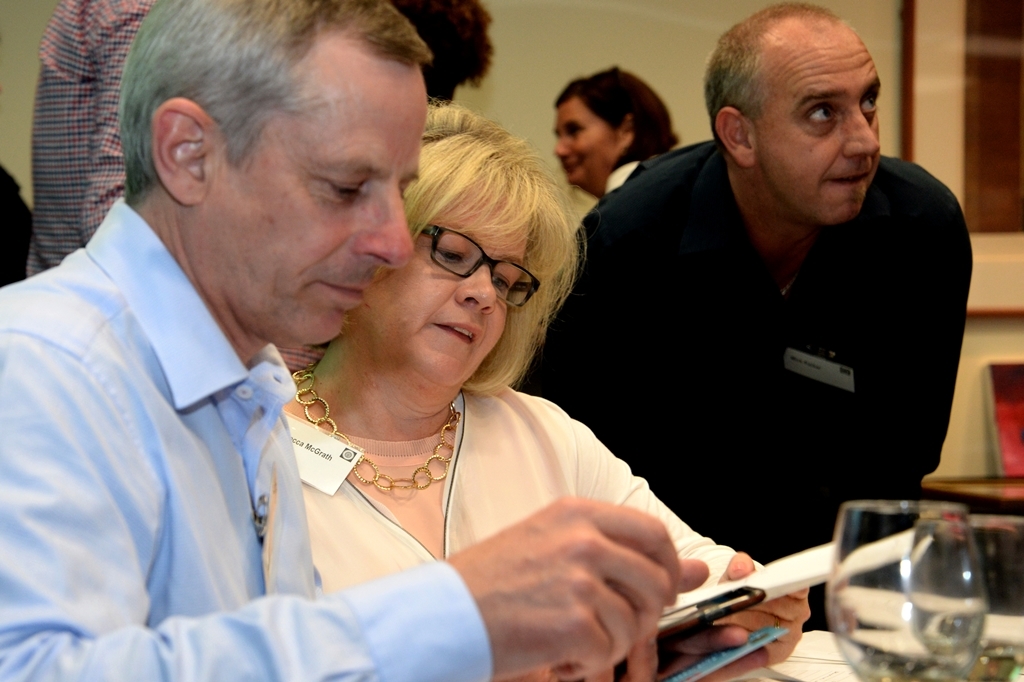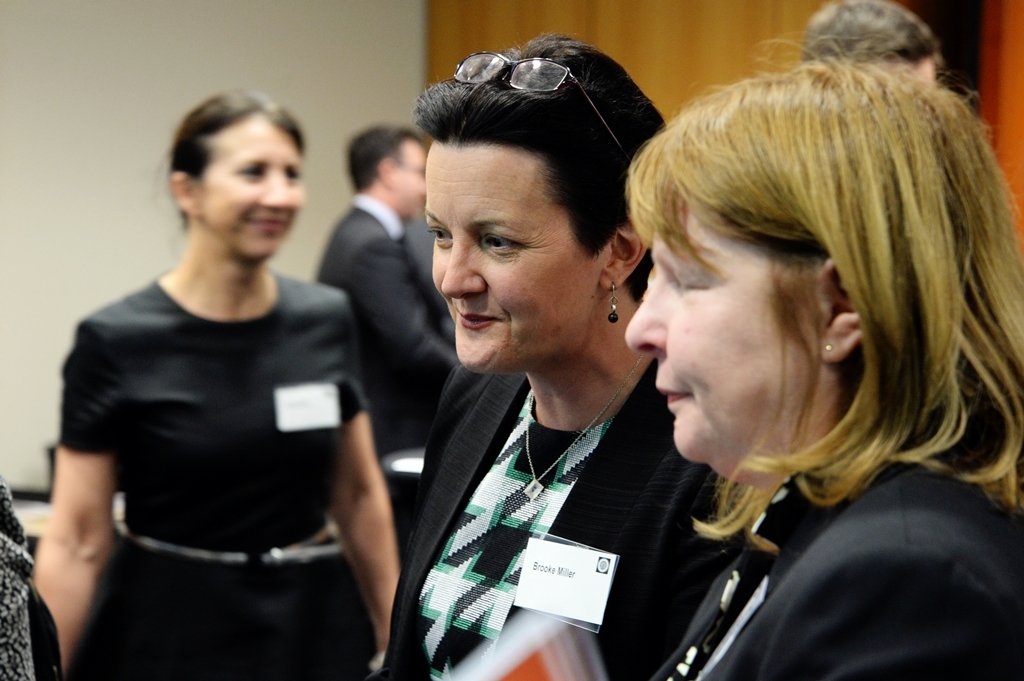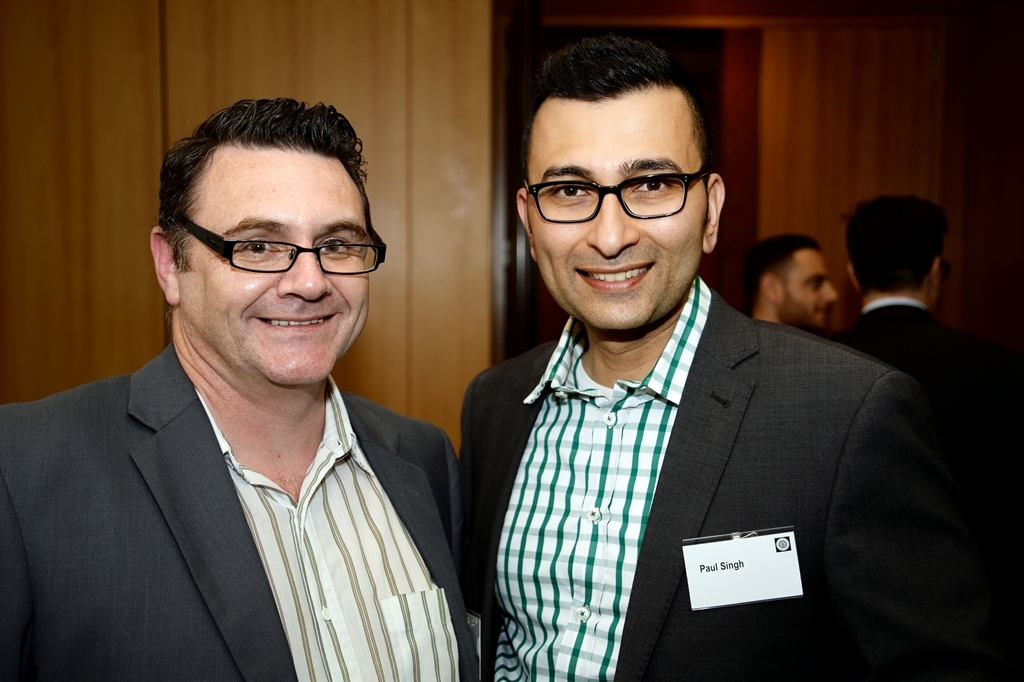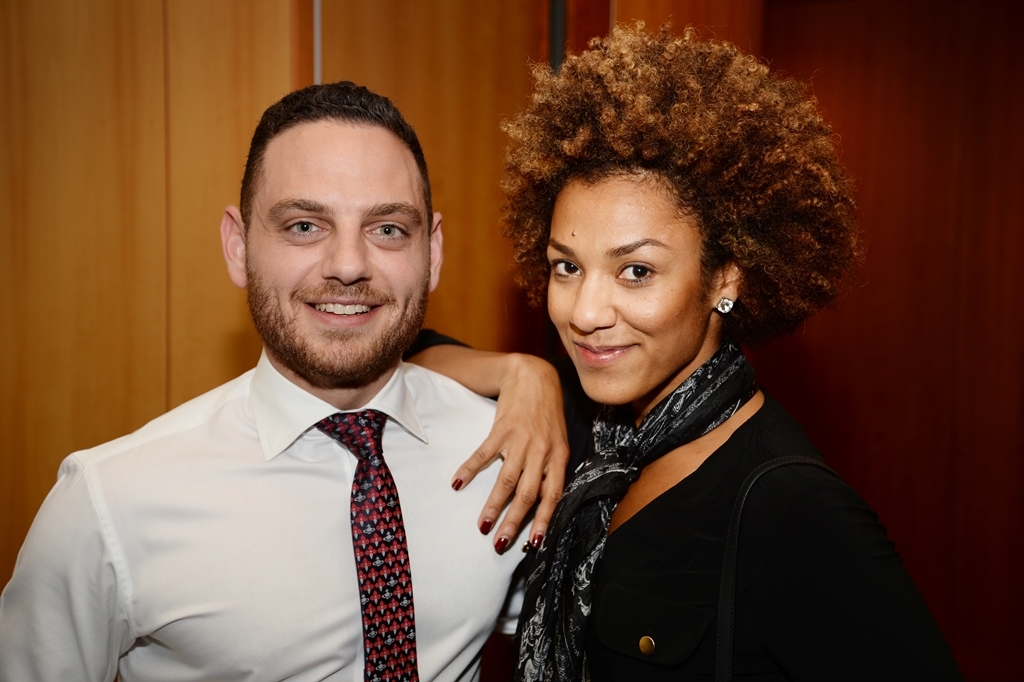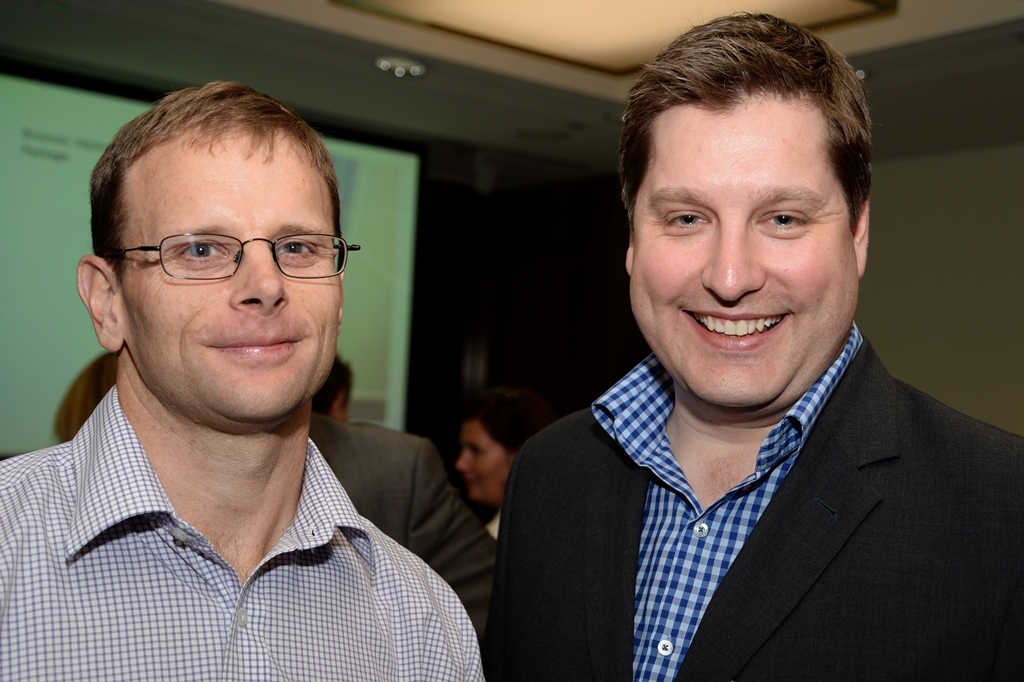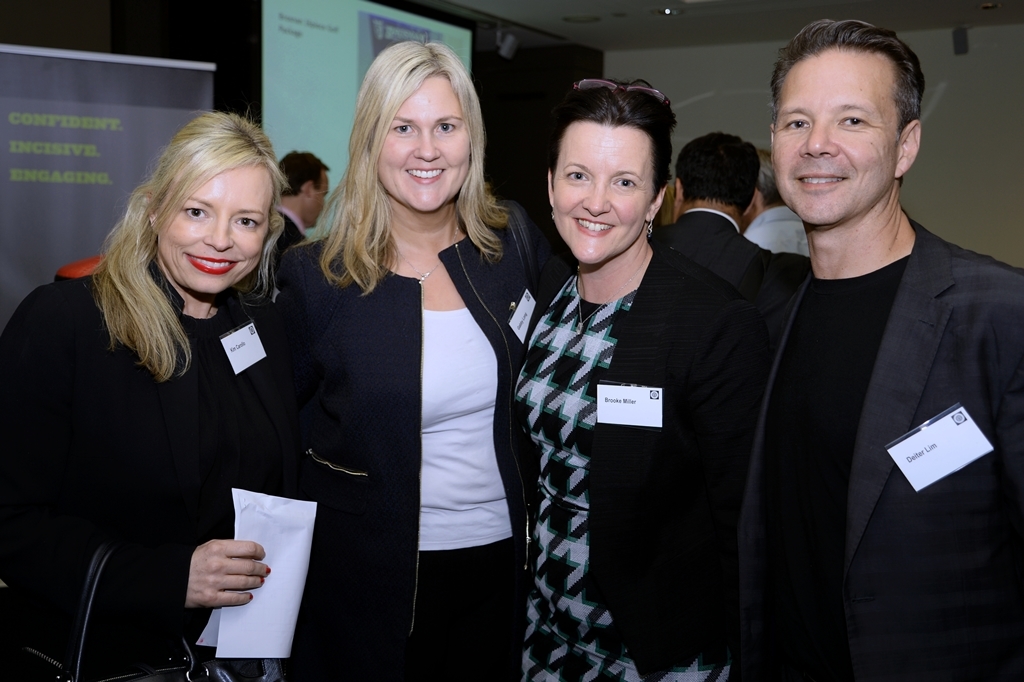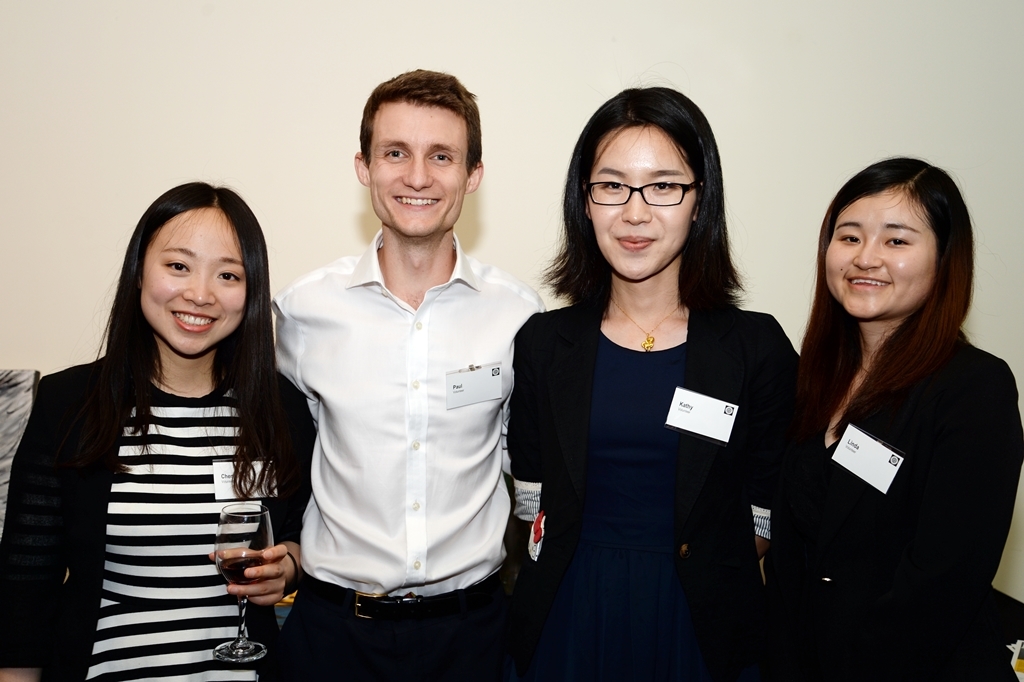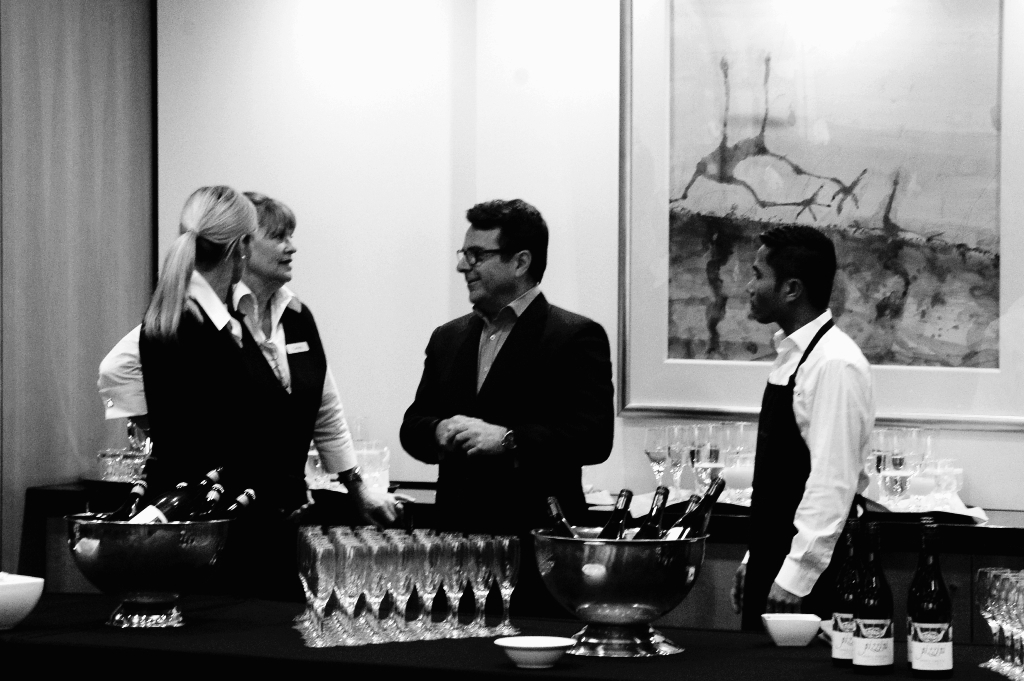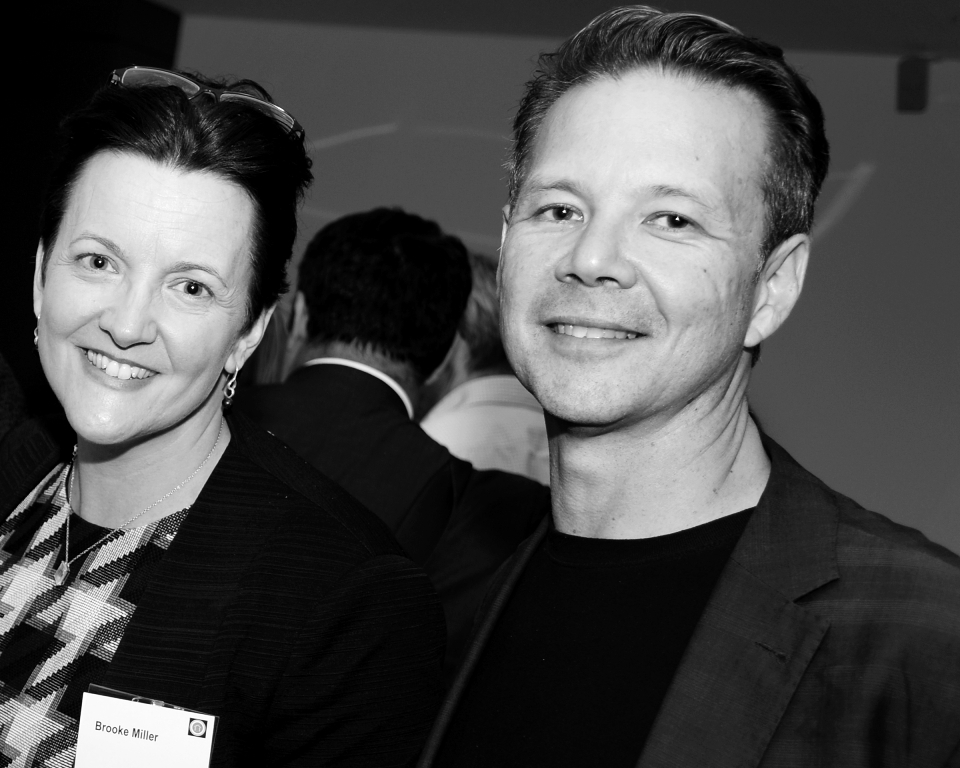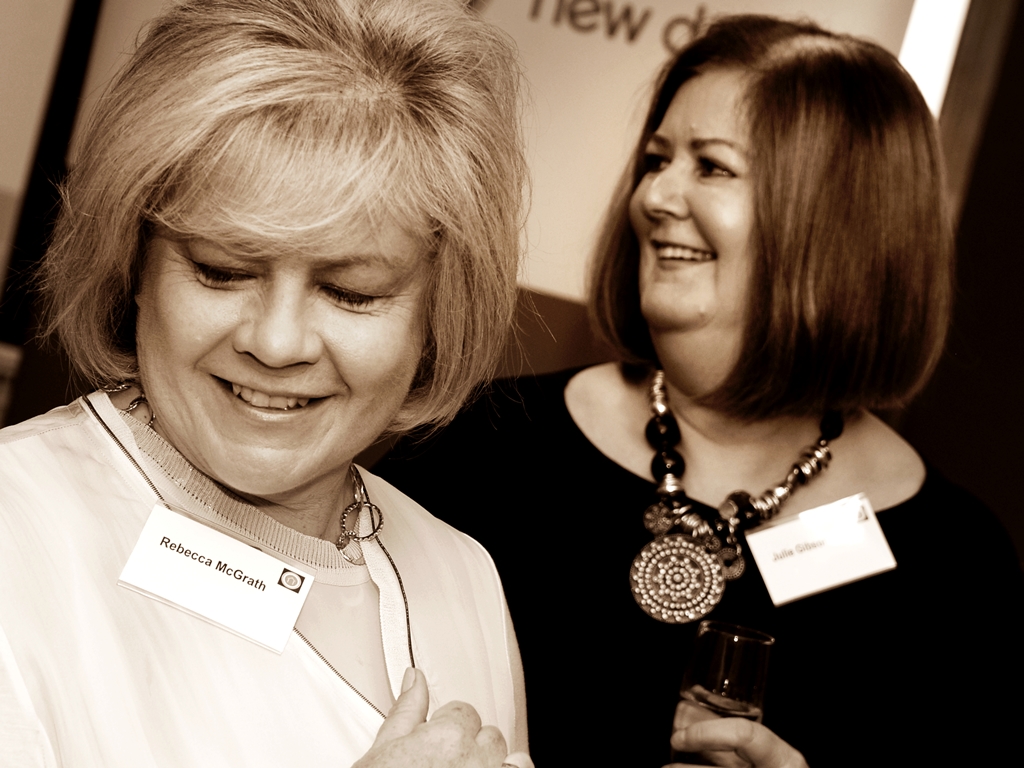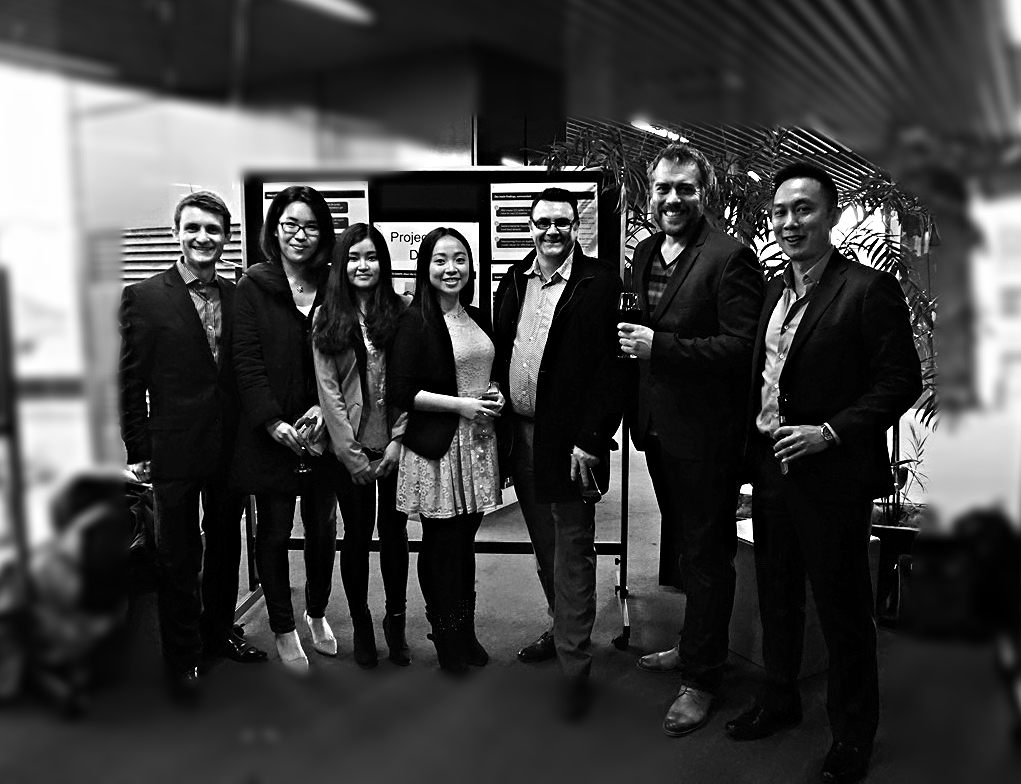Anglicare Finds Chronic Shortage of Affordable Rentals for Welfare Recipients
A new report has revealed a chronic shortage of affordable rentals across Australia, with less than 0.01 per cent of rental properties found to be affordable for a single person on Newstart.
Monday, 30th April 2018
at 1:38 pm
Luke Michael, Journalist
FREE SOCIAL
SECTOR NEWS
Anglicare Australia’s latest Rental Affordability Snapshot was released on Monday, surveying more than 67,000 rental listings across the country.
The charity examined all the properties listed for rent on realestate.com.au on a particular day and assessed whether each property was affordable and suitable for 14 types of households on low income.
When examining affordability, rent needed to be no more than 30 per cent of a household budget – a nationally accepted standard for rent not to cause financial stress.
Out the 67,365 rental properties surveyed, only 485 were affordable for a single person on the Disability Support Pension (0.72 per cent).
For those on Newstart, 180 were affordable for a single parent with one child (0.27 per cent), and only three rentals were affordable for a single person (less than 0.01 per cent).
Anglicare Australia executive director Kasy Chambers, told Pro Bono News these figures painted a bleak picture of the country’s rental market.
“This matters because the private rental market in Australia is the segment that is looked to provide appropriate and affordable housing for people on low incomes,” Chambers said.
“We are spending less and less on public housing and we haven’t got the level of social housing that we feel we ought to have.
“So we are relying as a country on the private rental market and that’s why this is such a problem. And that’s why we choose to do a rental affordability snapshot every year to highlight this issue.”
This is the ninth annual affordability snapshot Anglicare has released, and Chambers said affordability in the major cities was “getting so much worse”.
“For example, if you were single on the minimum wage with two kids, just two of the 17,500 properties available in Sydney would have been affordable using this tool,” she said.
“The trend in the capital cities is very much that there is less and less affordability. The other thing that we see in terms of data is that the rental market adapts very quickly to local quirks and local changes.
“So where we’re seeing rapid gentrification in places like Hobart, or where you’re seeing different tourism patterns in say the north coast of New South Wales… Airbnb is coming up and taking rental properties out of the market.”
Of the 67,365 rental properties surveyed, zero were found to be affordable for a single person on Newstart or Youth Allowance in Sydney, Canberra, Melbourne, Adelaide, Darwin or Perth.
But while some politicians have previously argued that those struggling to find affordable housing in metro areas should move regional, Chambers noted that rent prices in regional areas were not that much cheaper.
She added that in regional towns, “rental prices are only part of the story”.
“If a rental price has dropped it usually means that there’s not going to be a lot of work there for people,” Chambers said.
“So that might not be a concern if you’re an aged pensioner looking to rent, but if you’re going to be looking for work, the general reason that rents have dropped is because employers have moved out of town.
“The cheapest rents are where the least opportunities for work tends to be.”
Chambers said this lack of affordability was creating rental stress and impacting Anglicare’s frontline services.
“We see it in our emergency relief services, we see it in our homelessness services. We see that people are stretching budgets way further than any of us could and should,” she said.
“There are dire consequences to missing the rent, whereas people make a judgment about not paying insurance on their car, not going to the dentist and having children going to school with an empty lunchbox once a week.
“These kinds of choices are not the kind of choices that people should be having to make in a rich country like Australia.”
Anglicare Victoria also expressed dismay at the findings, which showed that only 1 per cent of private rentals in Melbourne, and 3 per cent statewide, were affordable for people on welfare benefits.
CEO Paul McDonald said: “Private rental affordability in Victoria has hit rock bottom and is flatlining, delivering a great big zero for people on the lowest incomes.
“Everyone deserves a safe, affordable place to call home. Paying for the roof over your head should not leave you so out of pocket that you can’t put food in the fridge or pay your power bill.’’
McDonald said the difficult rental market was forcing many people into homelessness and into overcrowded, insecure housing.
“Young people forced out of foster care at 18 are becoming homeless or moving back into unsafe family situations,’’ he said.
“Sole parents and struggling families have no choice but to move into overcrowded share houses and many women and children remain in violent homes because they have nowhere else to go.’’
The report noted that Australia needed to fix its “broken” housing system.
It recommended changes to the tax system, to target negative gearing and capital gains tax exemptions.
“The federal government currently invests just $1.7 billion per year in public and social housing, and homelessness services,” the report said.
“Limiting negative gearing and capital gains tax exemptions would provide significant and immediate funds for homes for people on low incomes who are struggling to survive in the private rental market or more are homeless.”
Anglicare Australia also called for the immediate development and implementation of a single tenancy system to deliver fair and consistent renting rights.
Chambers said Australia needed a national conversation about rent and what rental contracts should look like.
“We’re not historically a renting country and [renting] always used to be a temporary thing so it didn’t really matter as much,” she said.
“Nowadays we’ve got more people of more different household types staying for longer in rental accommodation. So we need to ensure that rental accommodation is appropriate.
“The other thing is we desperately need to ensure that government payments and even minimum wage reflects the price of renting. Because while rents have gone up, incomes haven’t.”
Labor’s shadow minister for housing and homelessness, Senator Doug Cameron, said Anglicare’s report was a “damning indictment of the failure of Malcolm Turnbull to address the housing affordability crisis”.
“With less than two weeks to go before [Treasurer Scott] Morrison delivers this year’s budget, Anglicare’s report should serve as a wake-up call to a self-obsessed government that has its priorities wrong,” Cameron said.
“Turnbull and Morrison should put the essential needs of Australians above their proposed $65 billion tax cut gift to multinational corporations and banks.
“Turnbull should act on Anglicare Australia’s call for a fair tax system by limiting negative gearing and capital gains tax exemptions, investing in social and affordable rental housing and working with the states to reform tenancy laws.”
Luke Michael | Journalist | @luke_michael96
Luke Michael is a journalist at Pro Bono News covering the social sector.
https://probonoaustralia.com.au/news/2018/04/anglicare-finds-chronic-shortage-affordable-rentals-welfare-recipients/?utm_source=Pro+Bono+Australia+-+email+updates&utm_campaign=c345a7dce0-EMAIL_CAMPAIGN_2017_08_18&utm_medium=email&utm_term=0_5ee68172fb-c345a7dce0-147750549&mc_cid=c345a7dce0&mc_eid=58eaad457f



